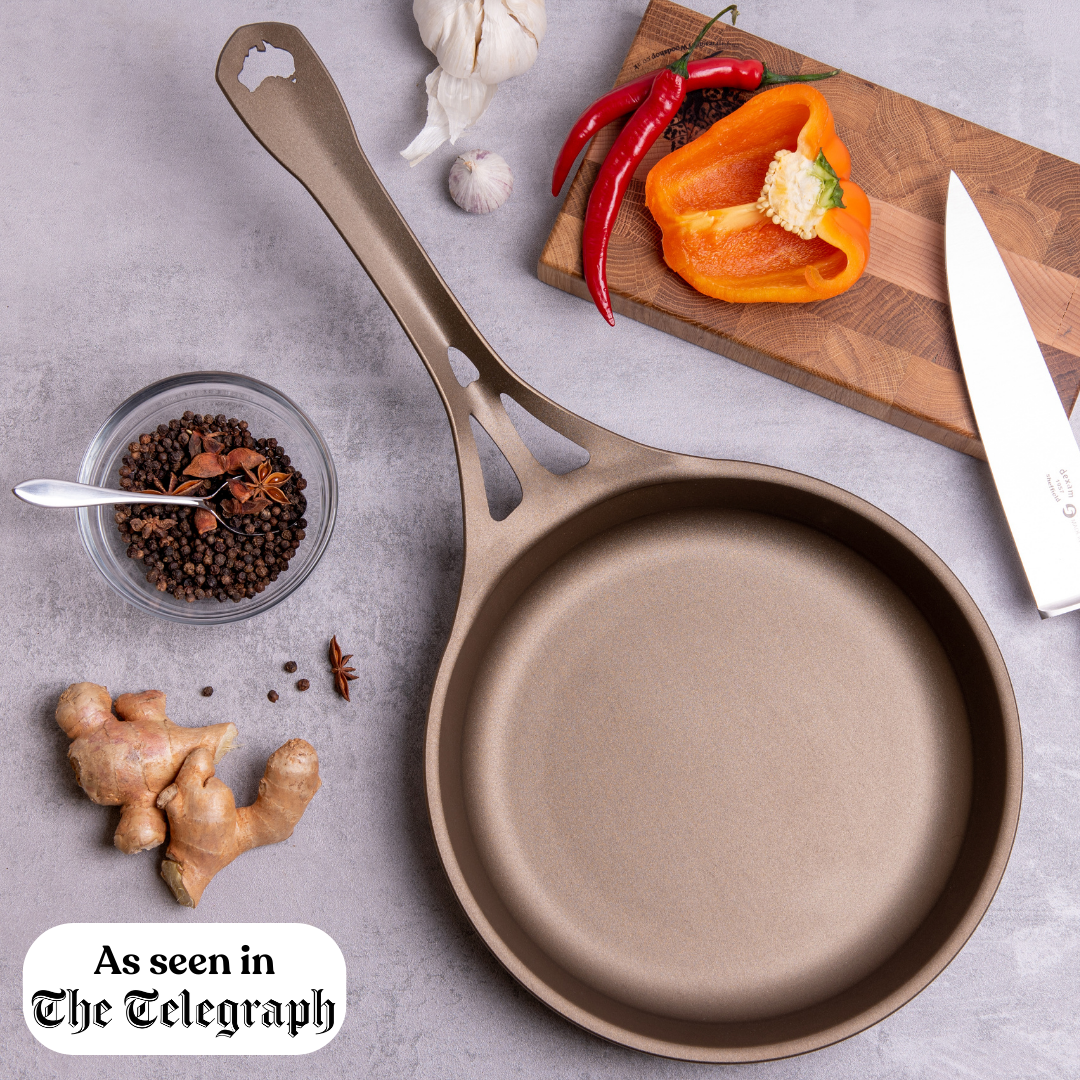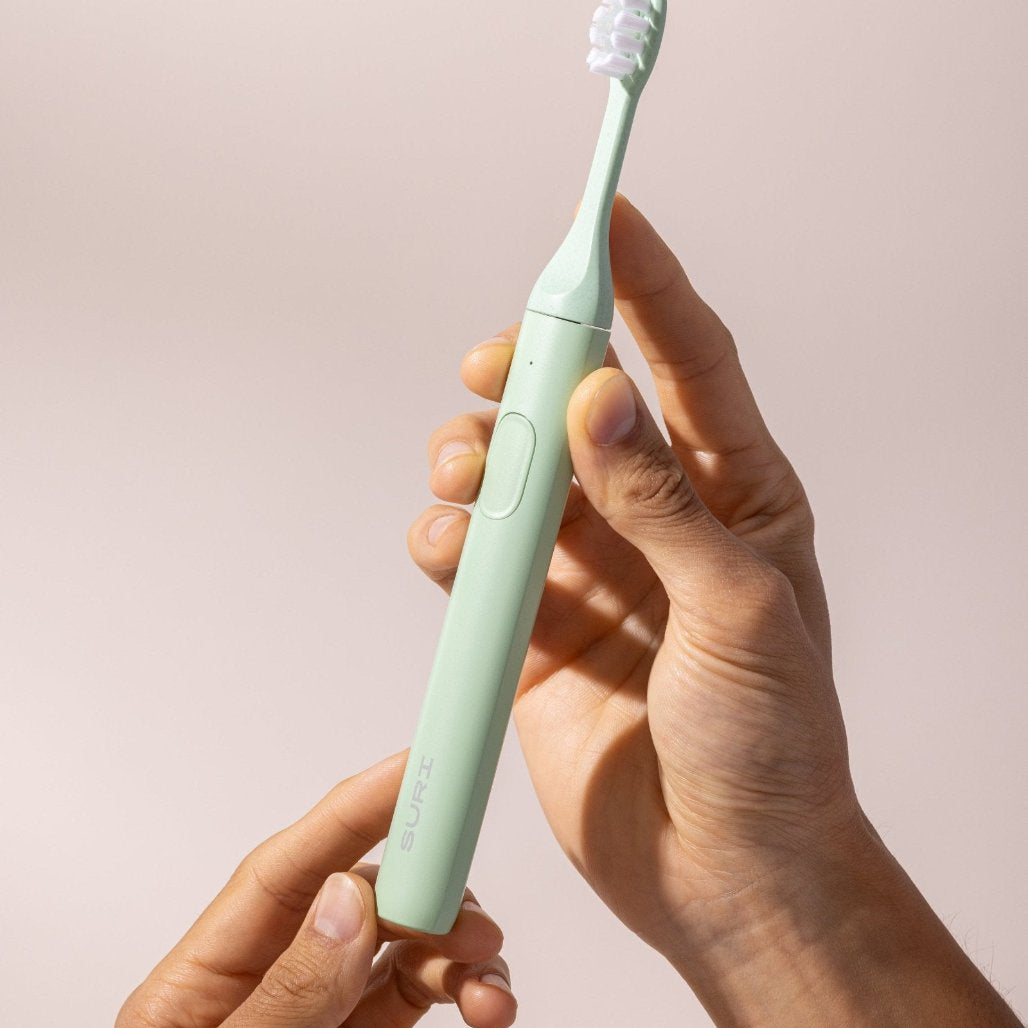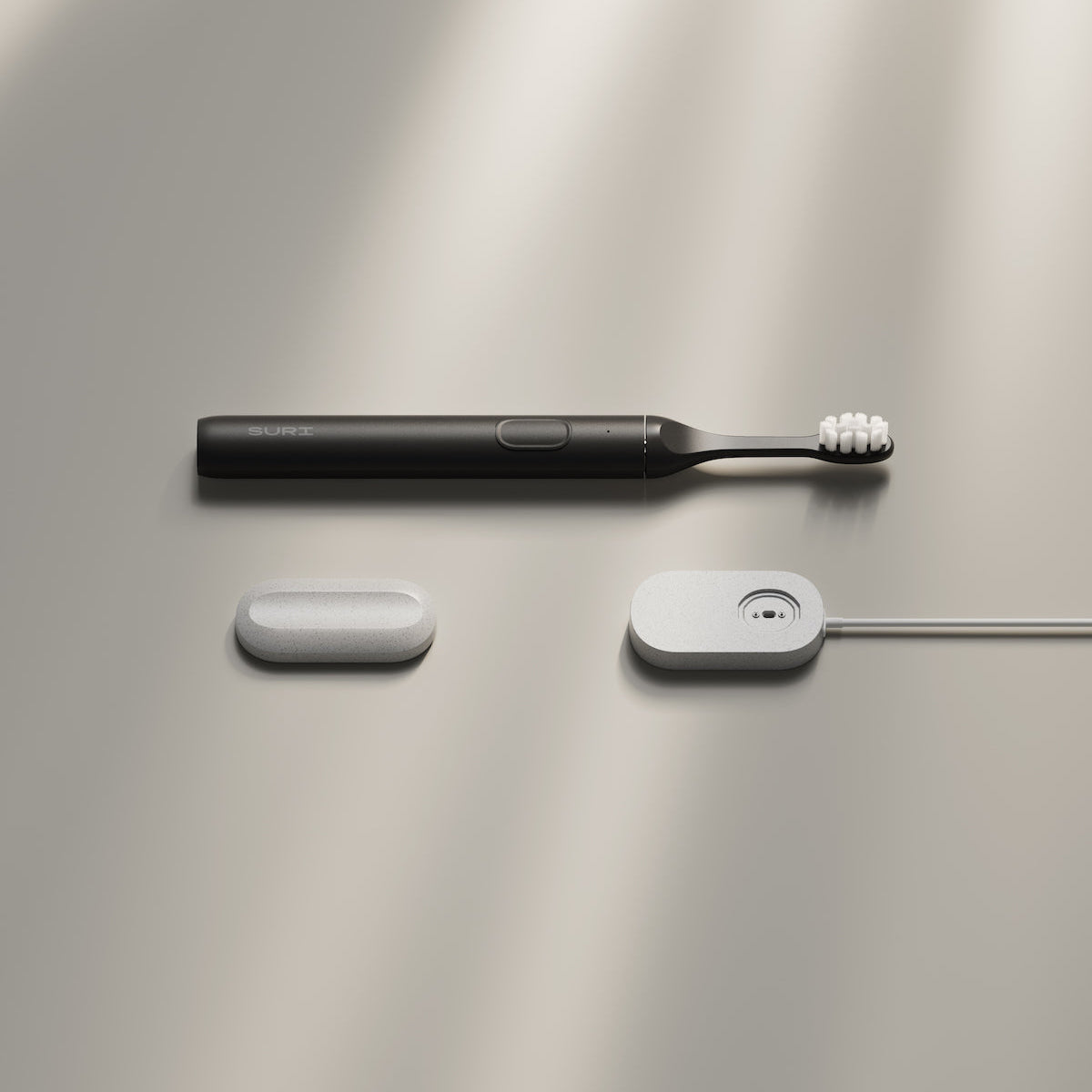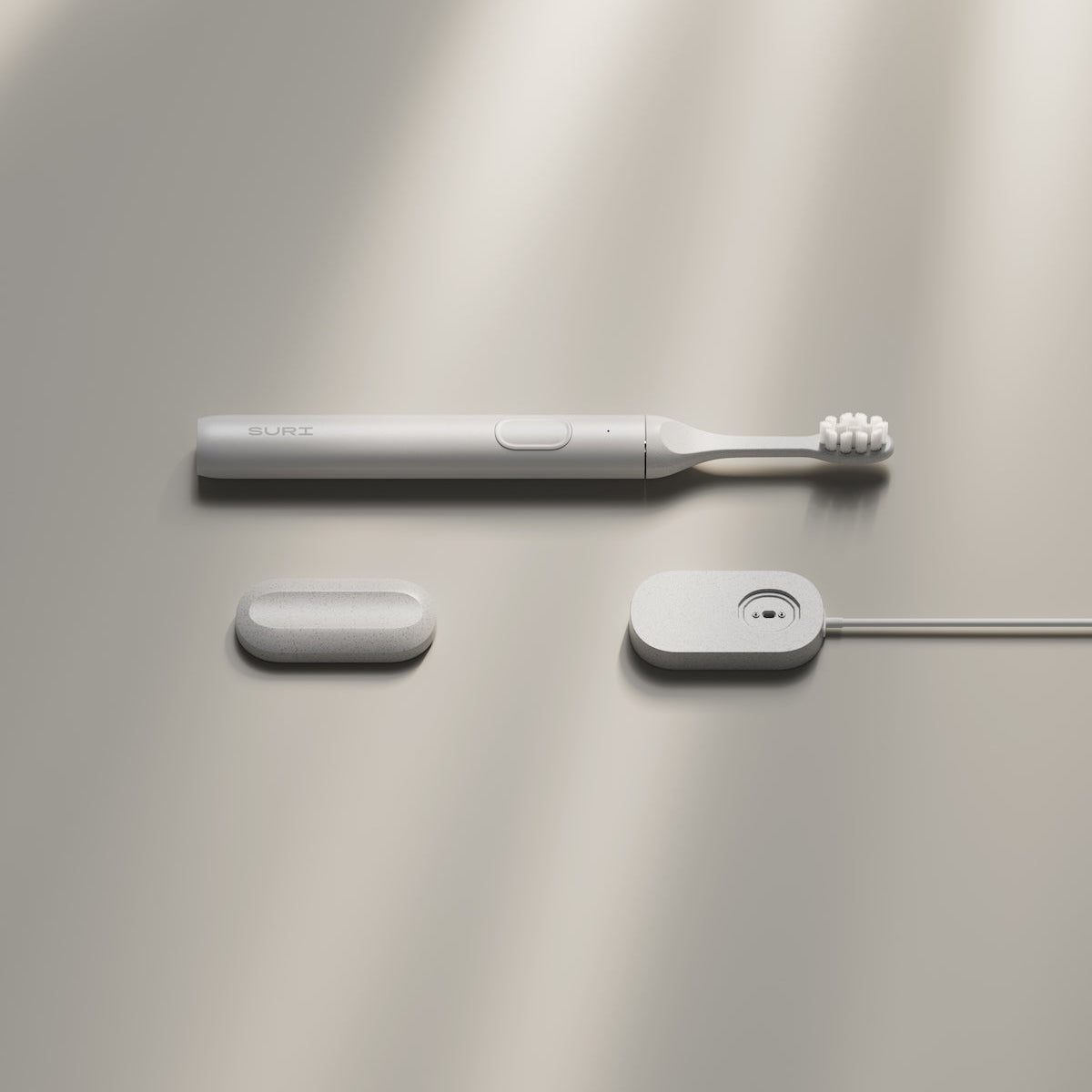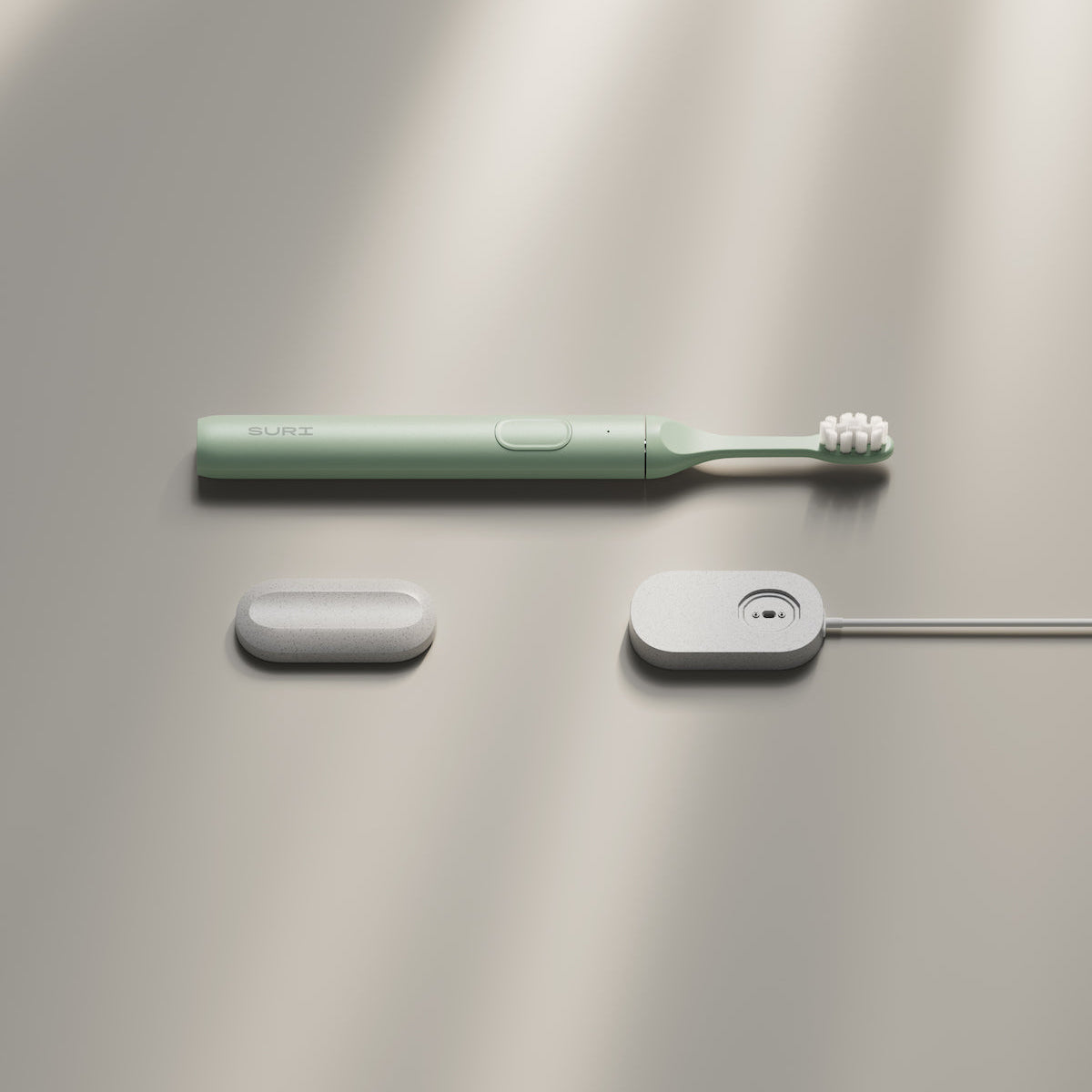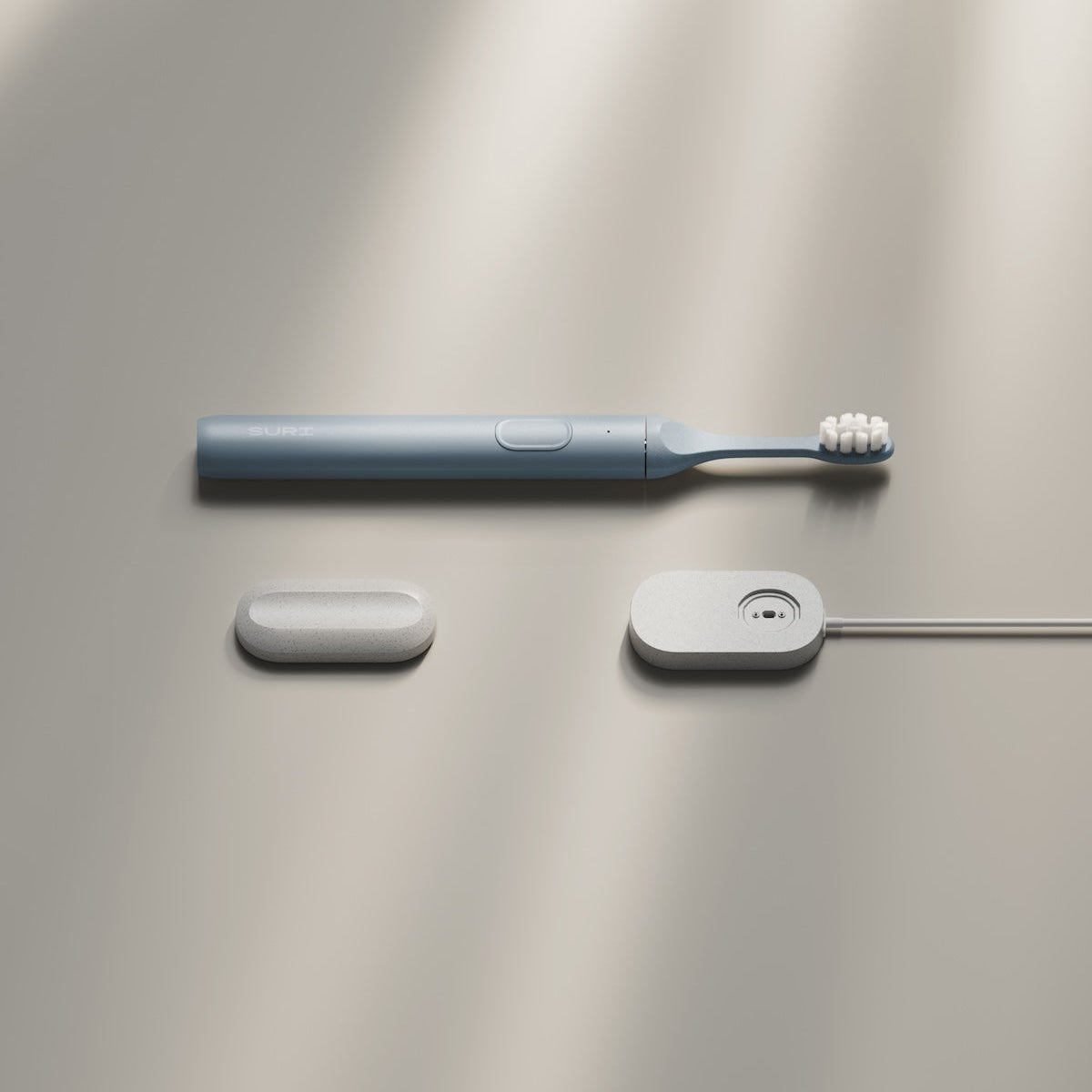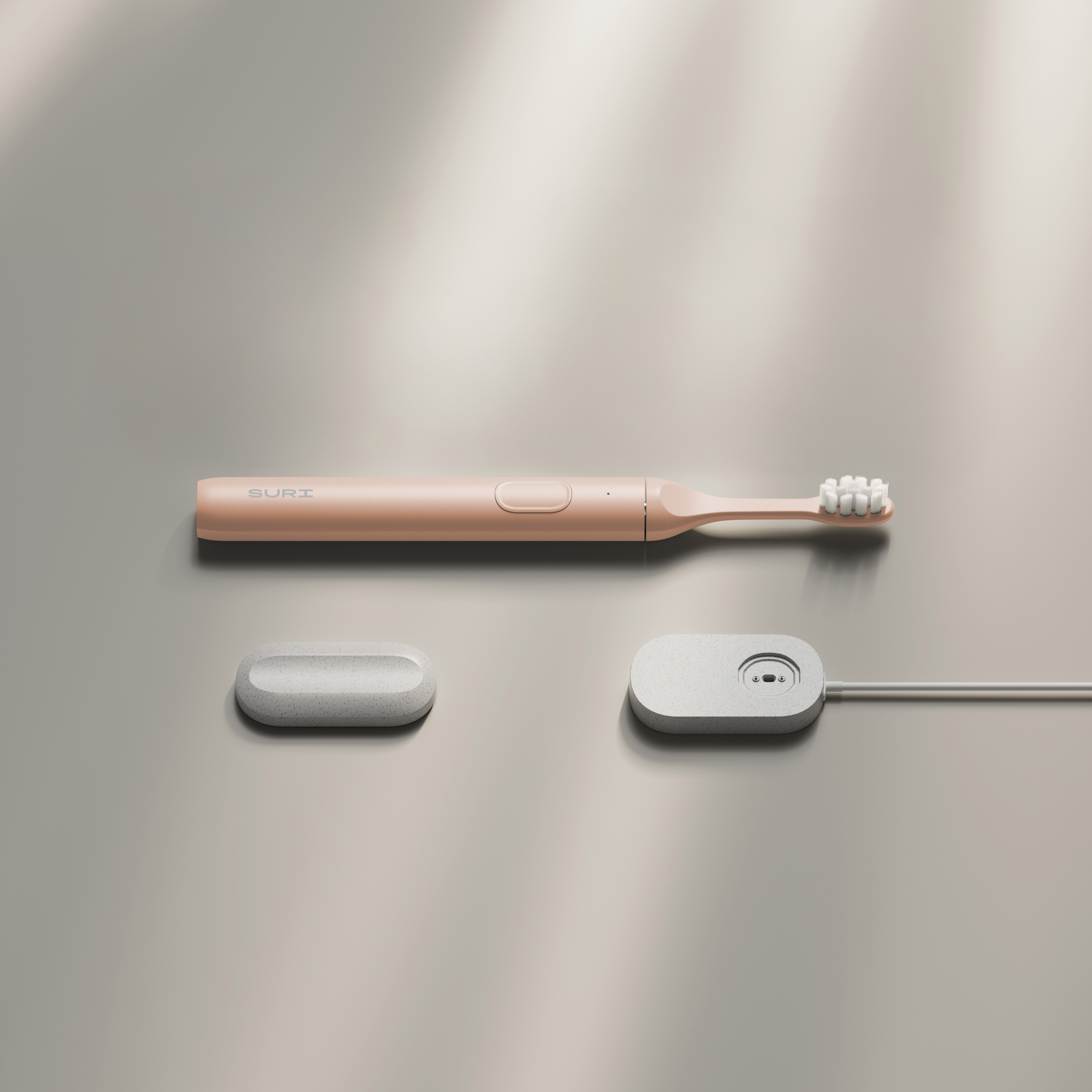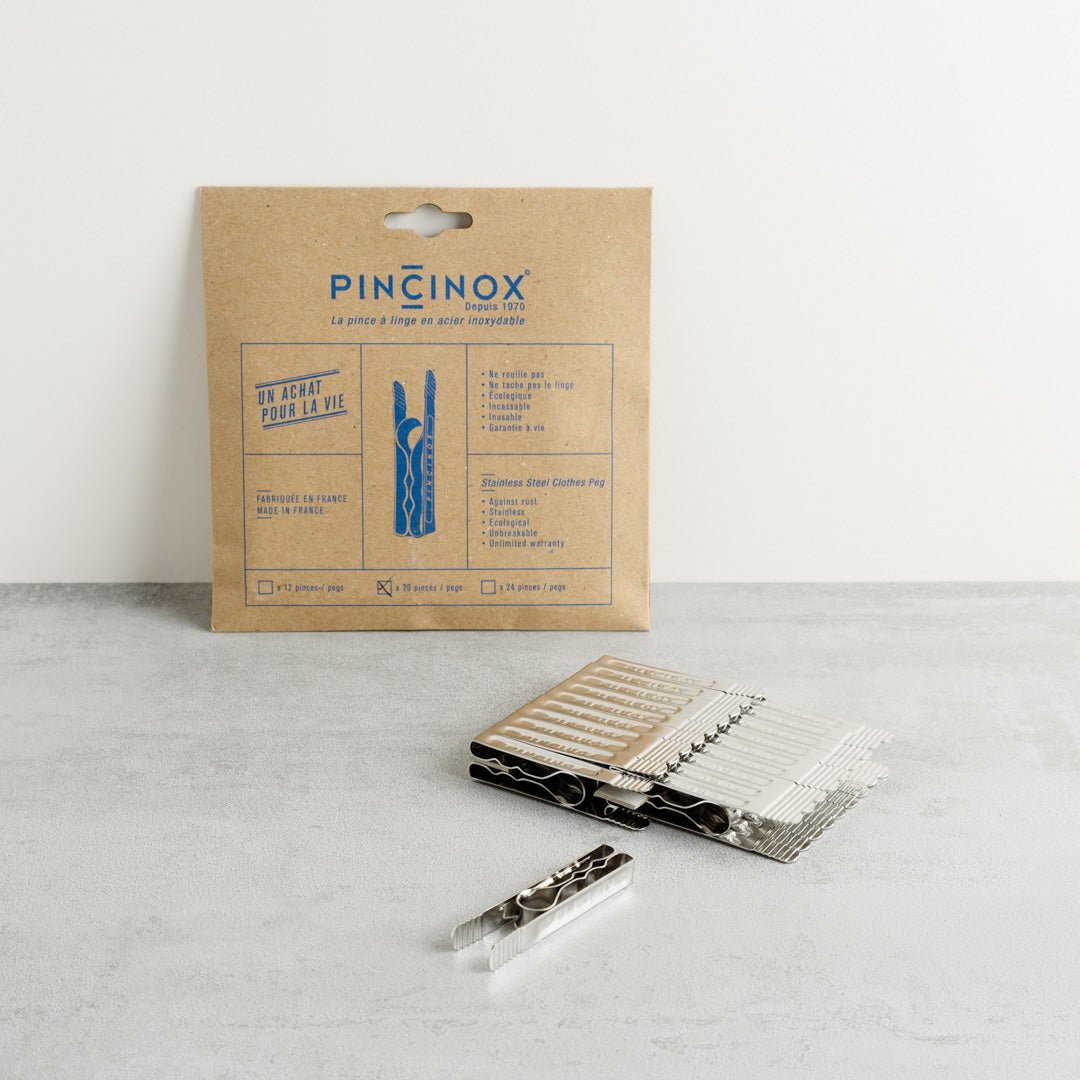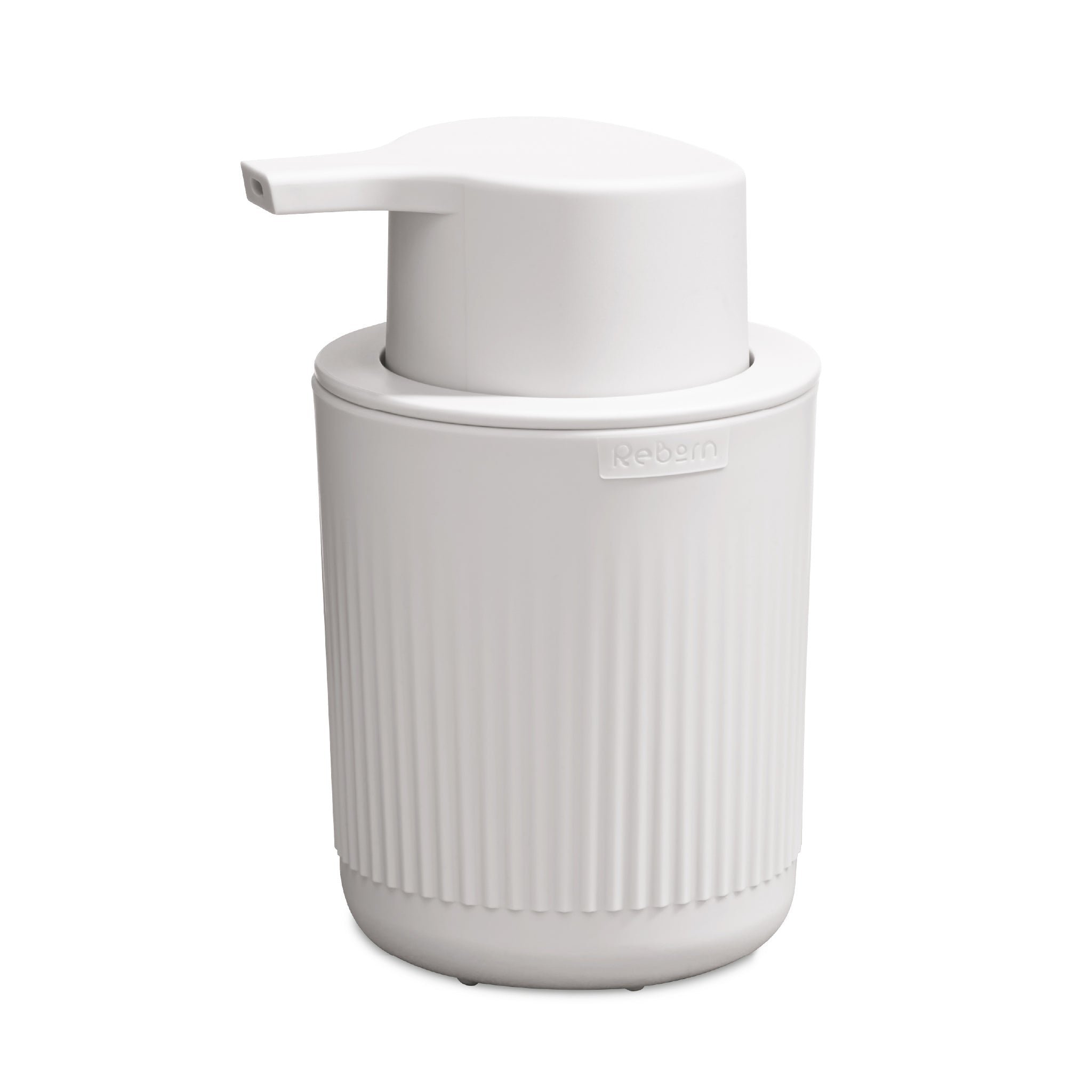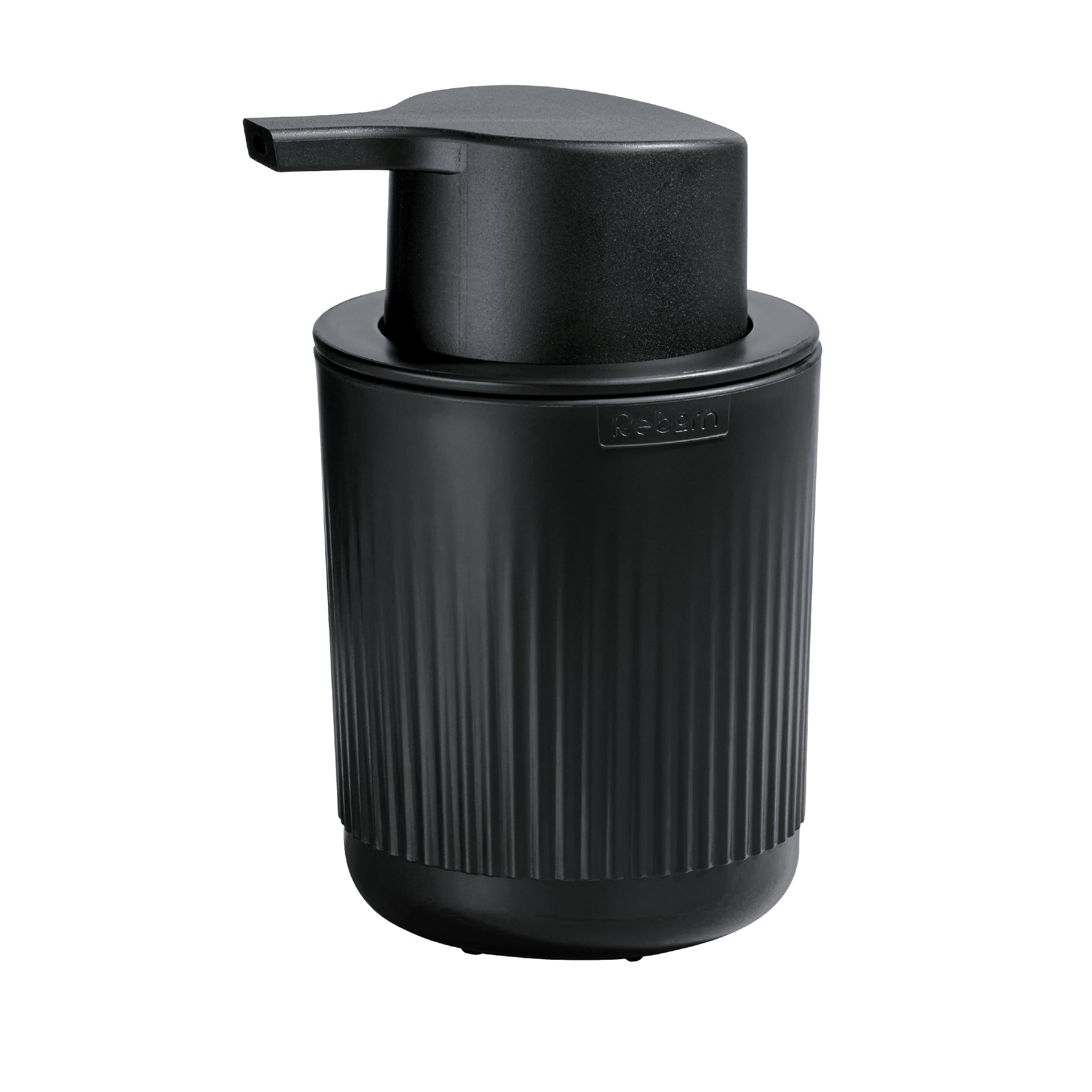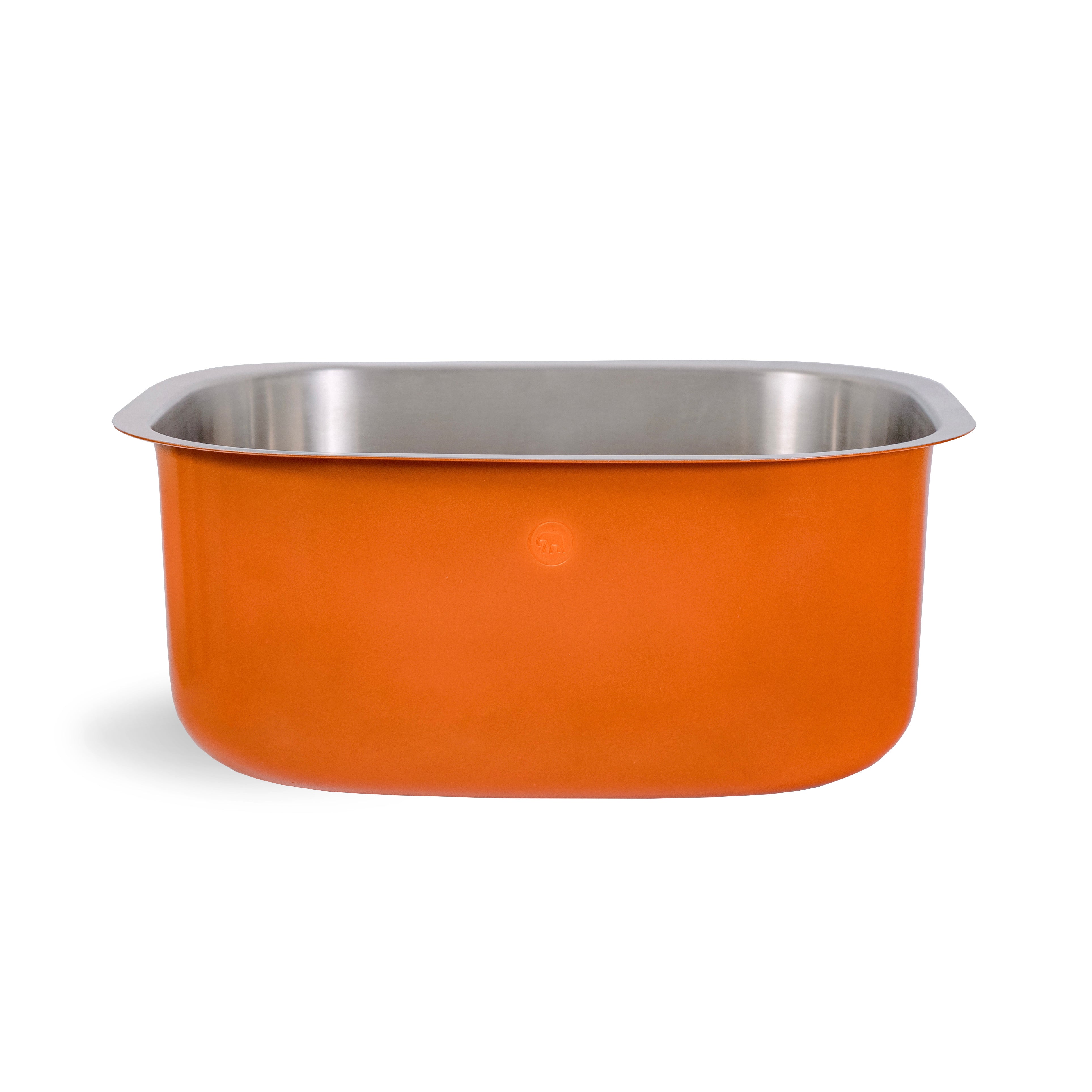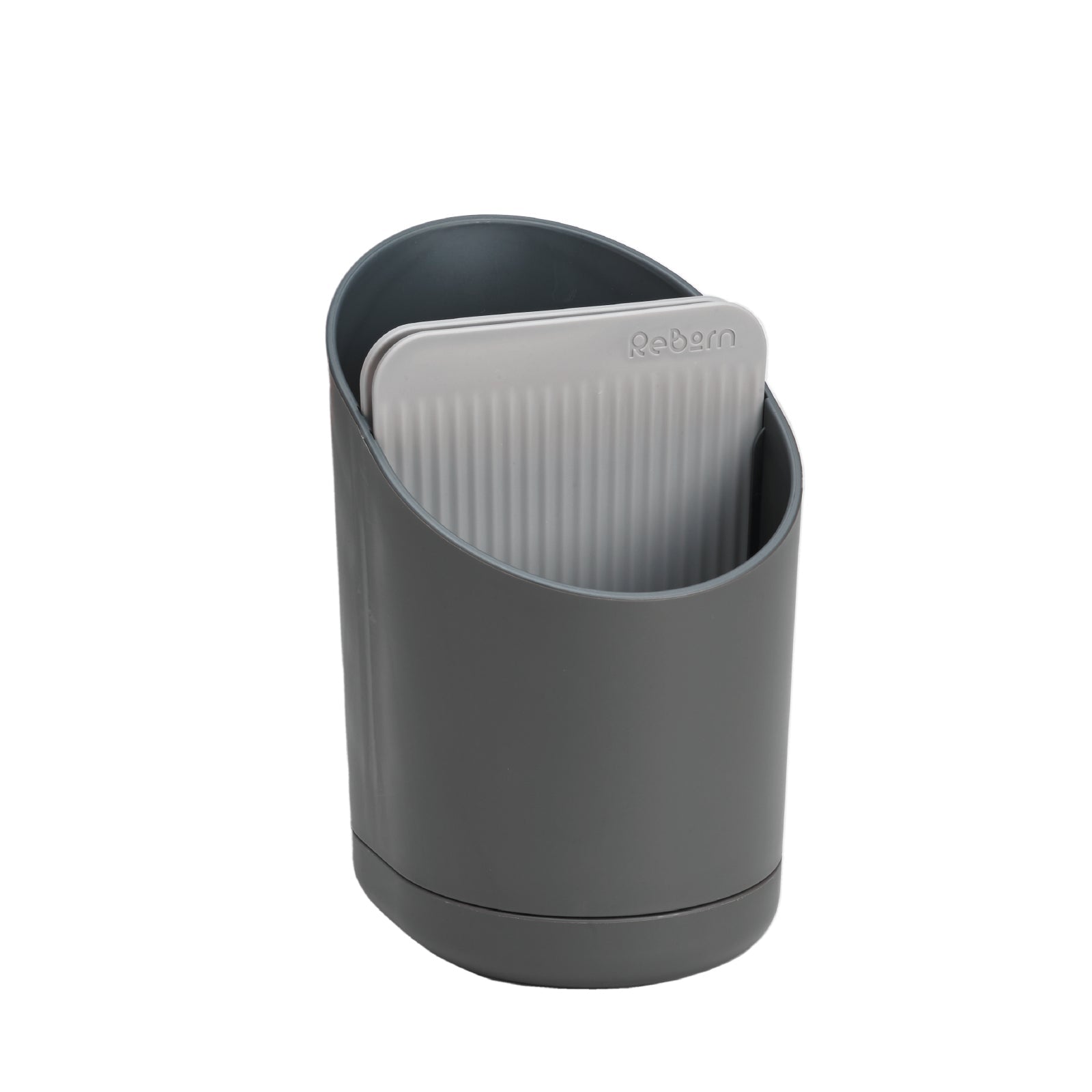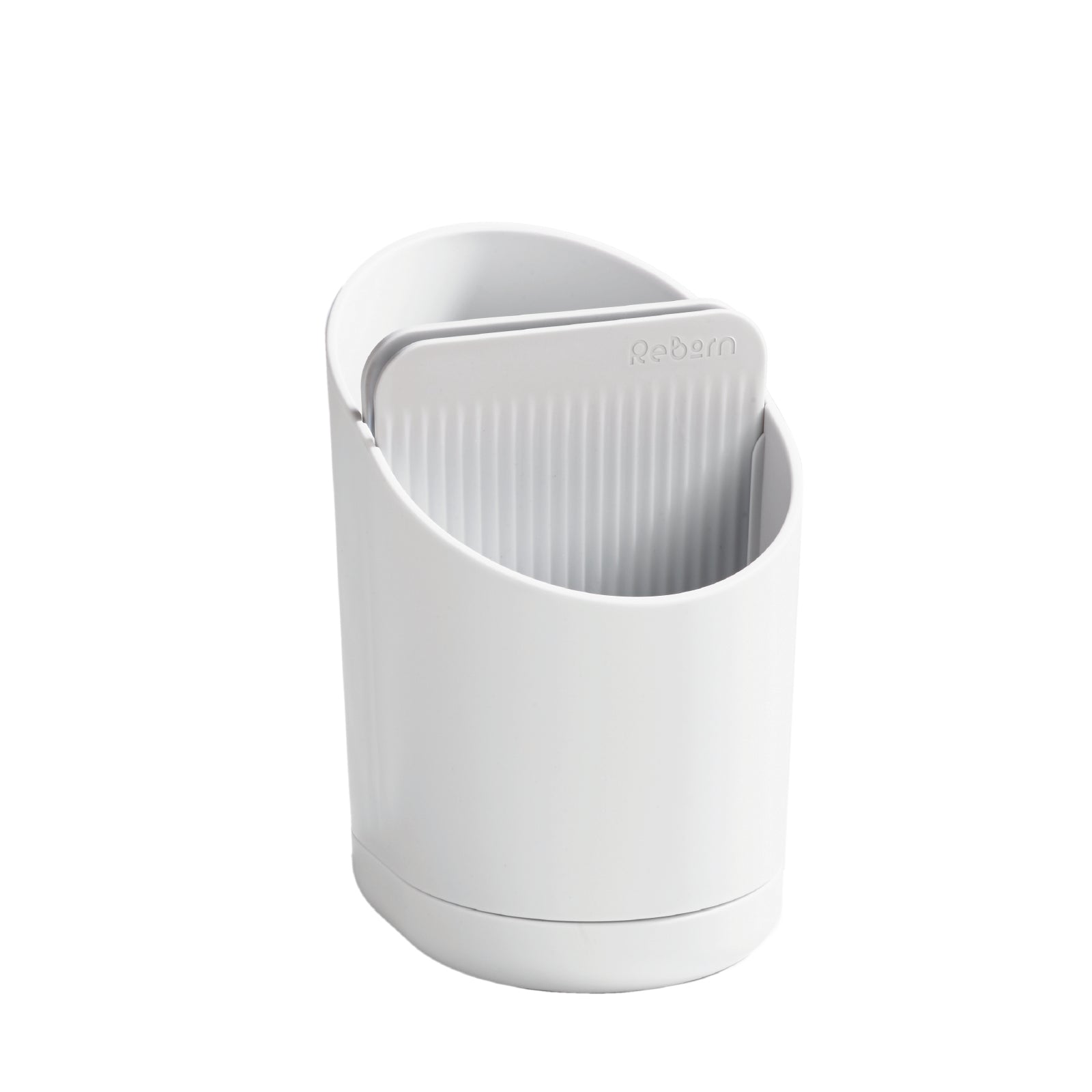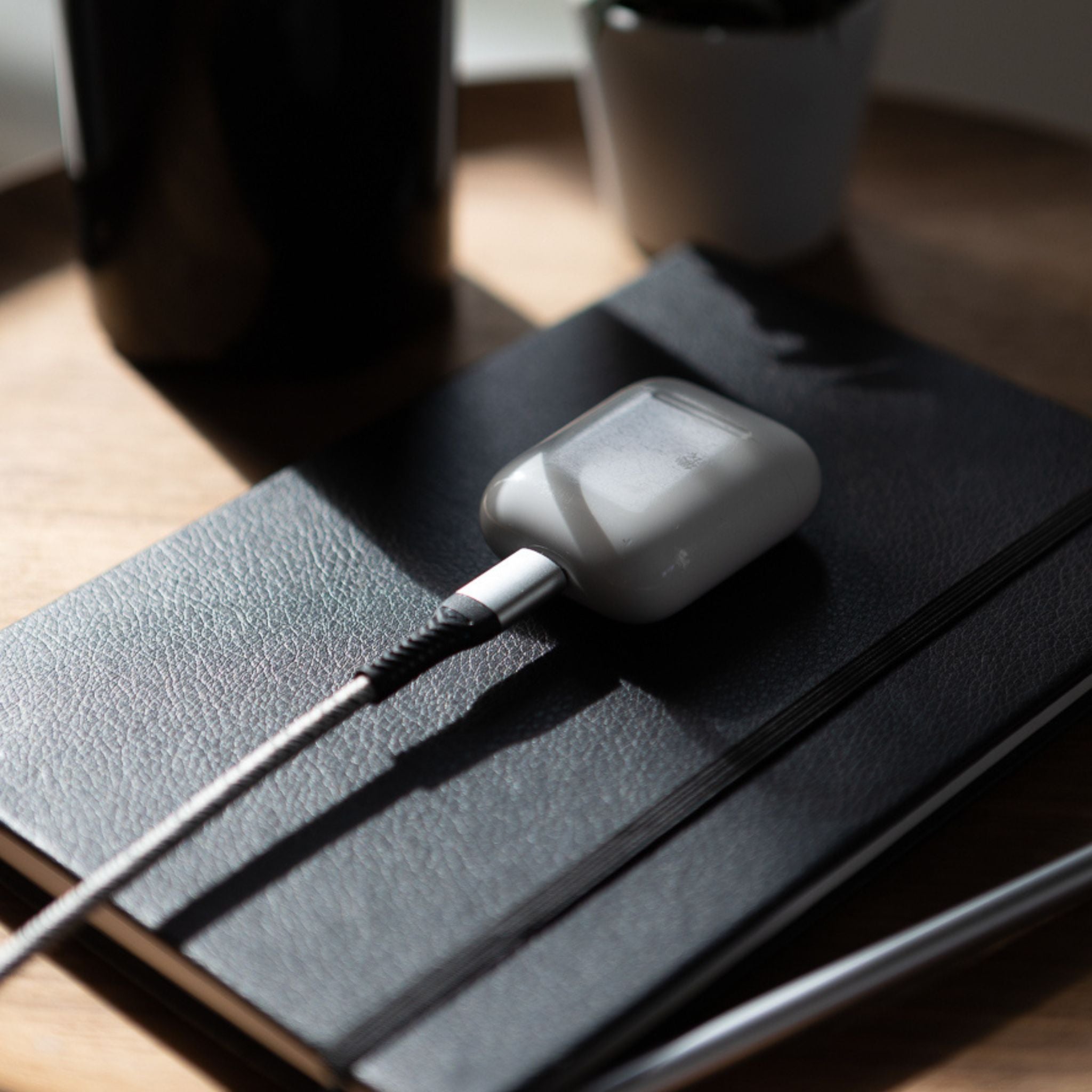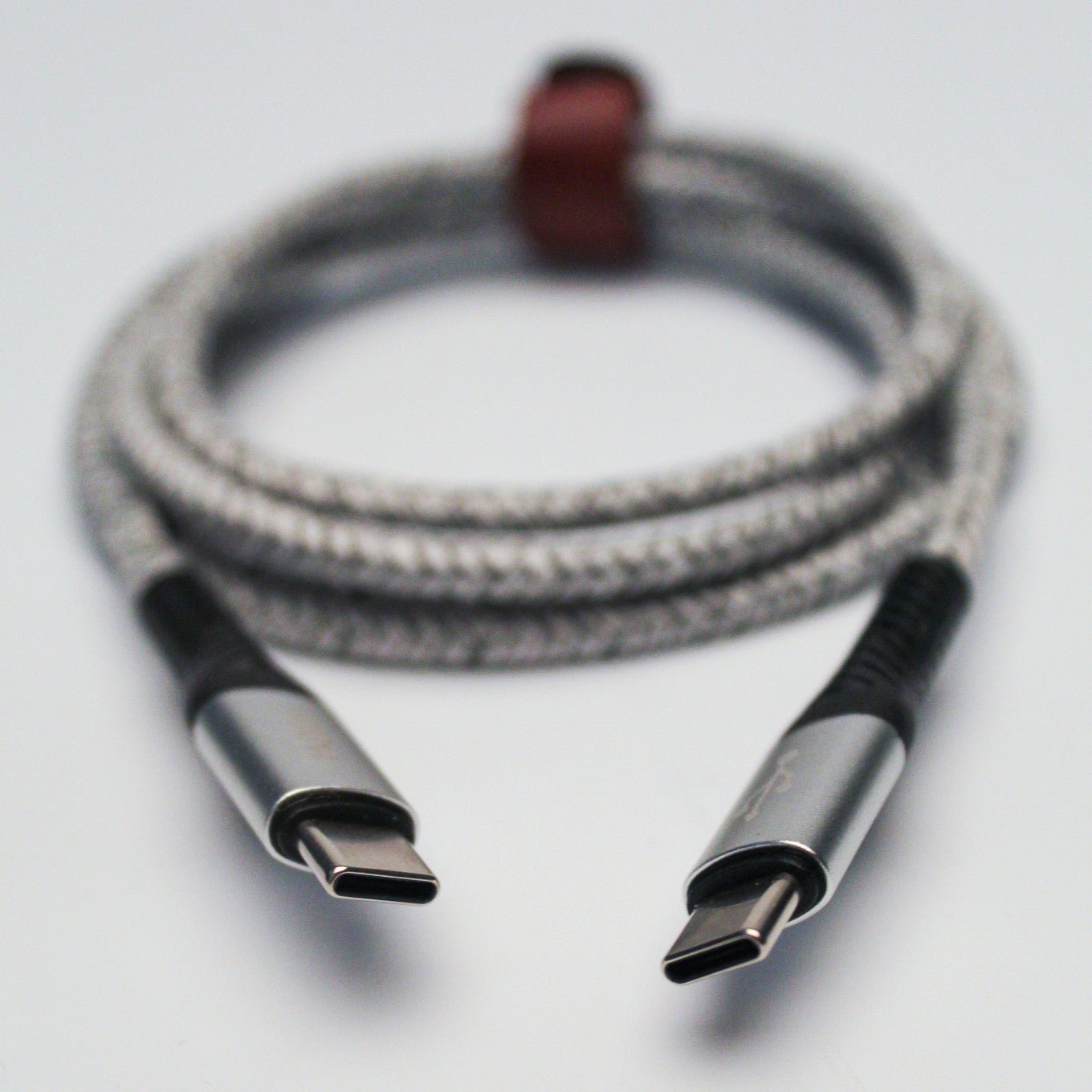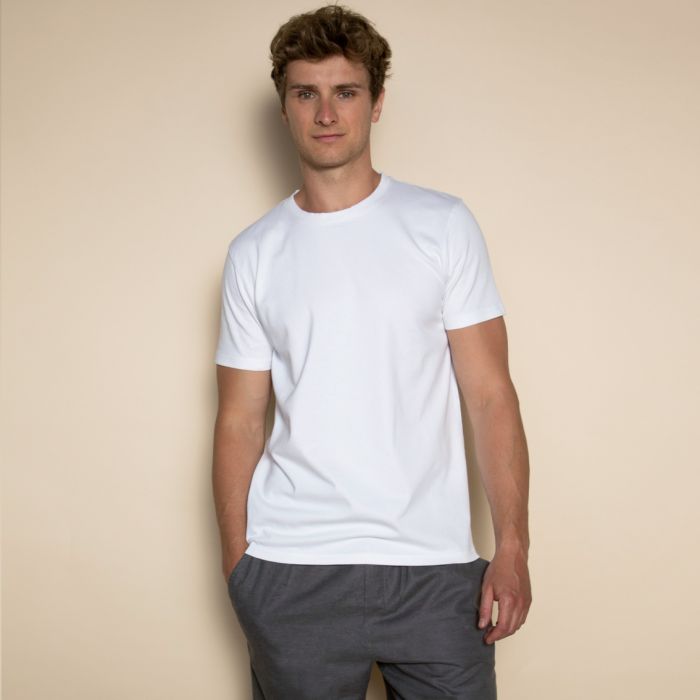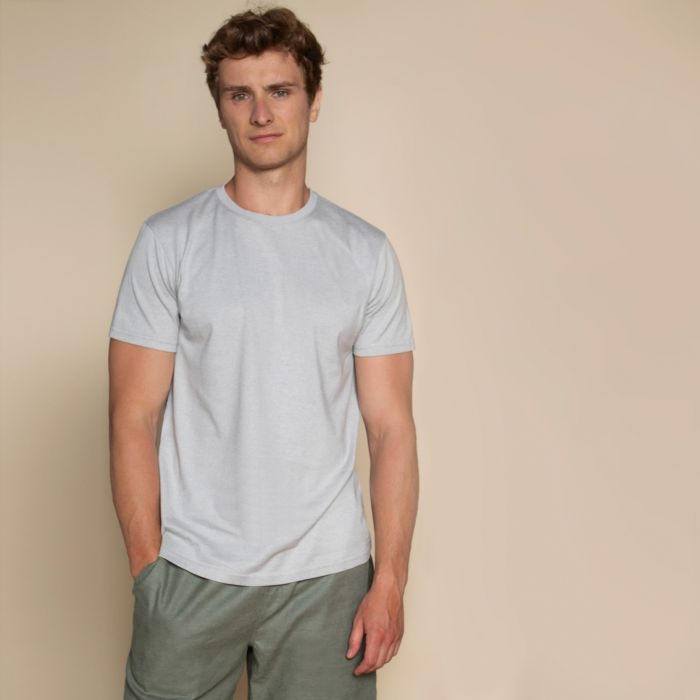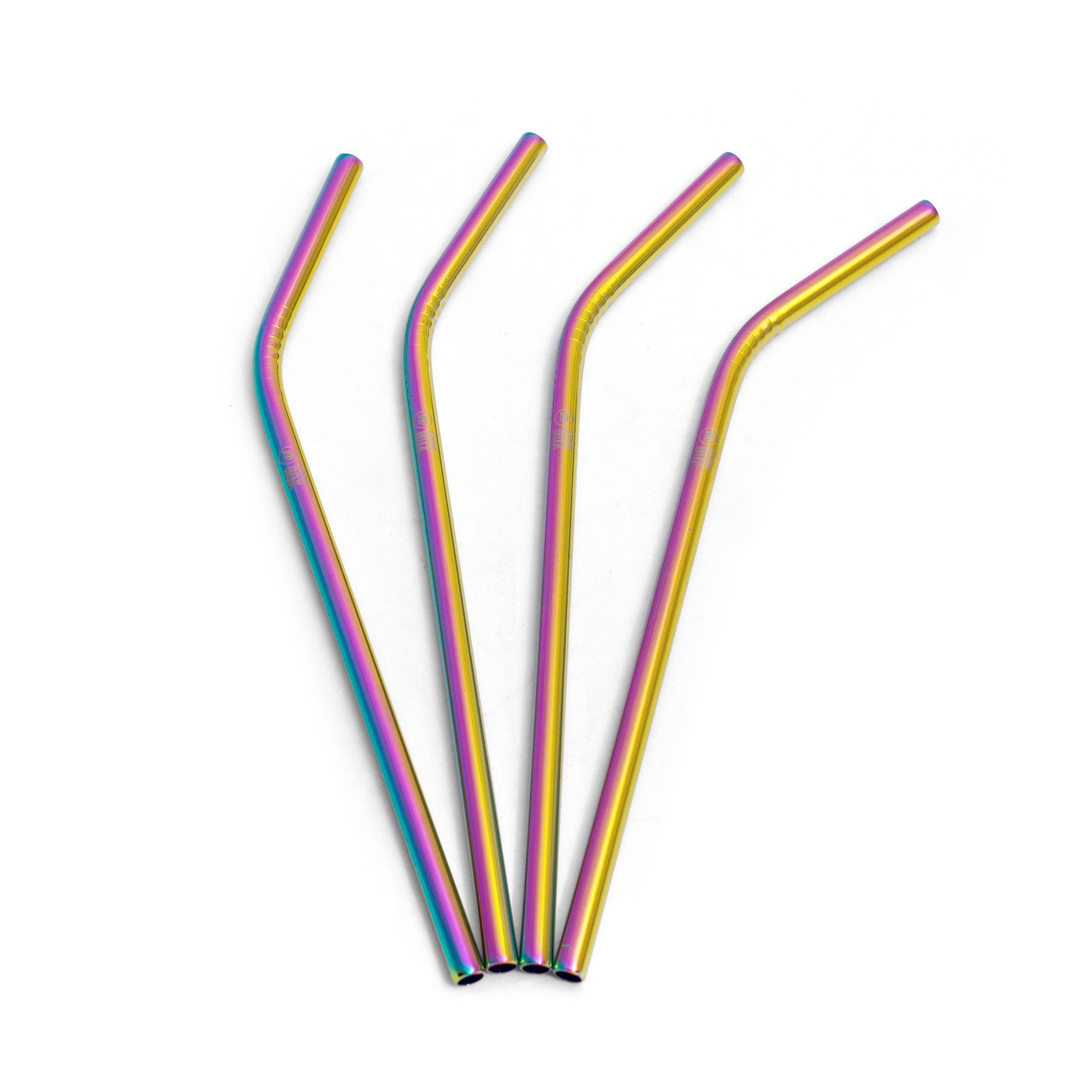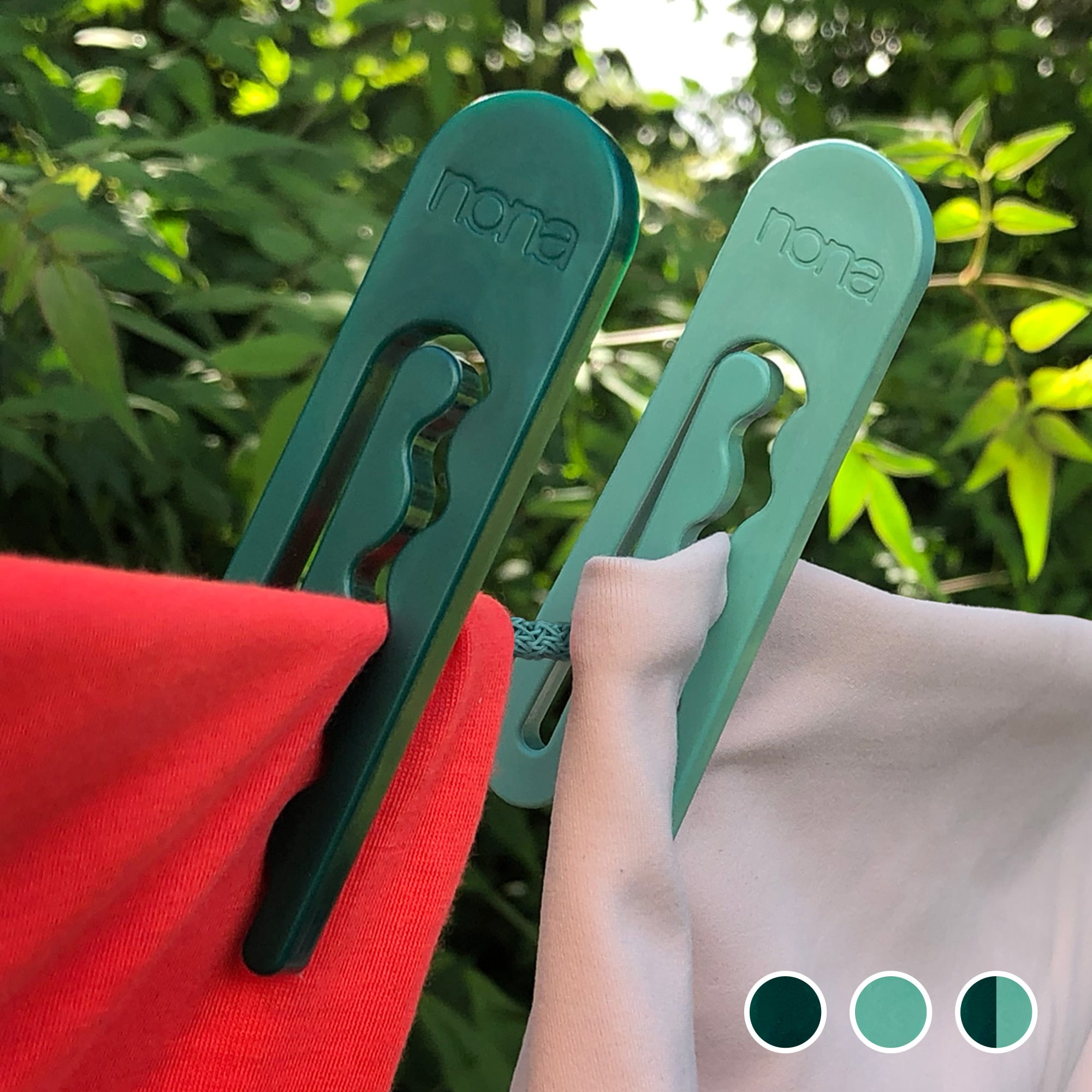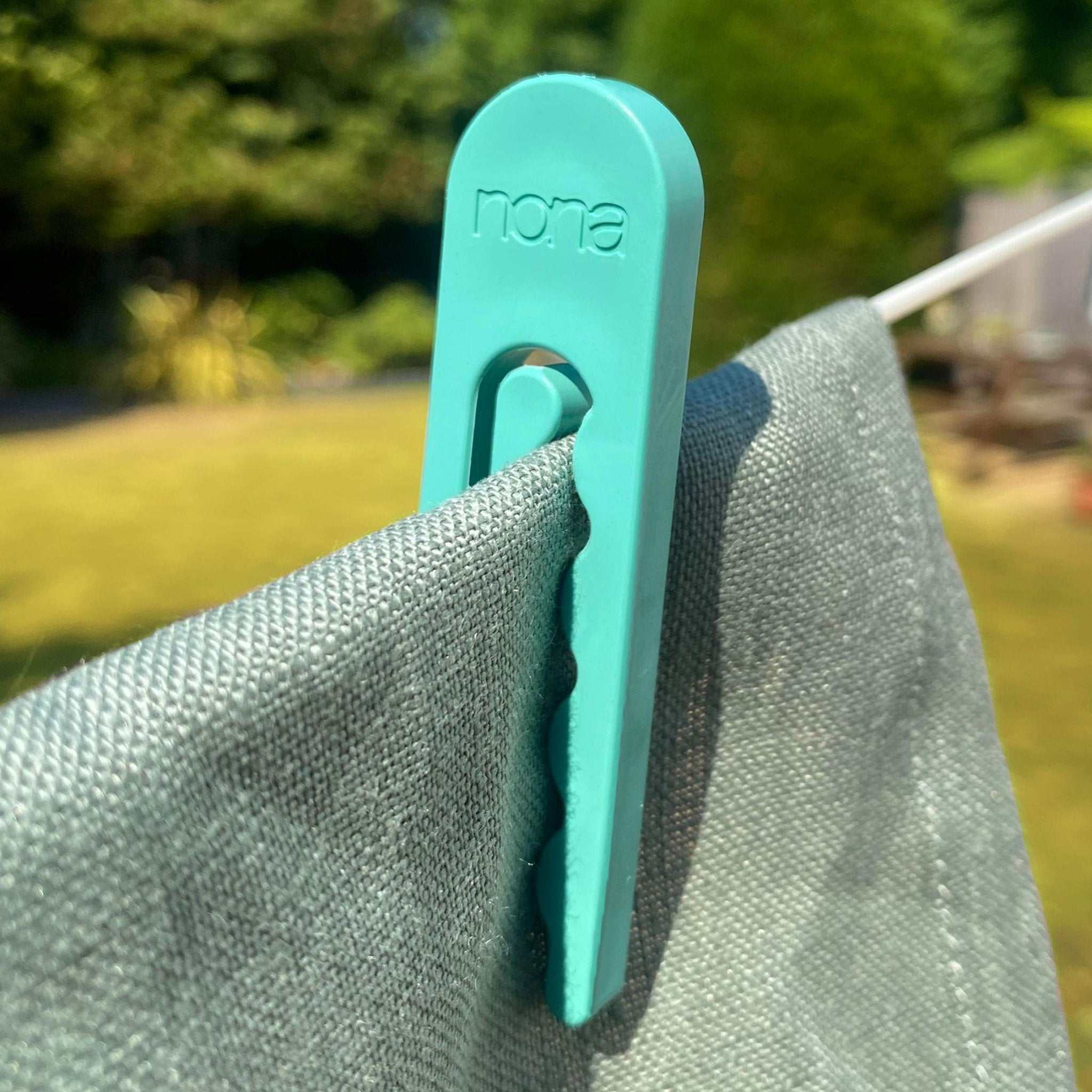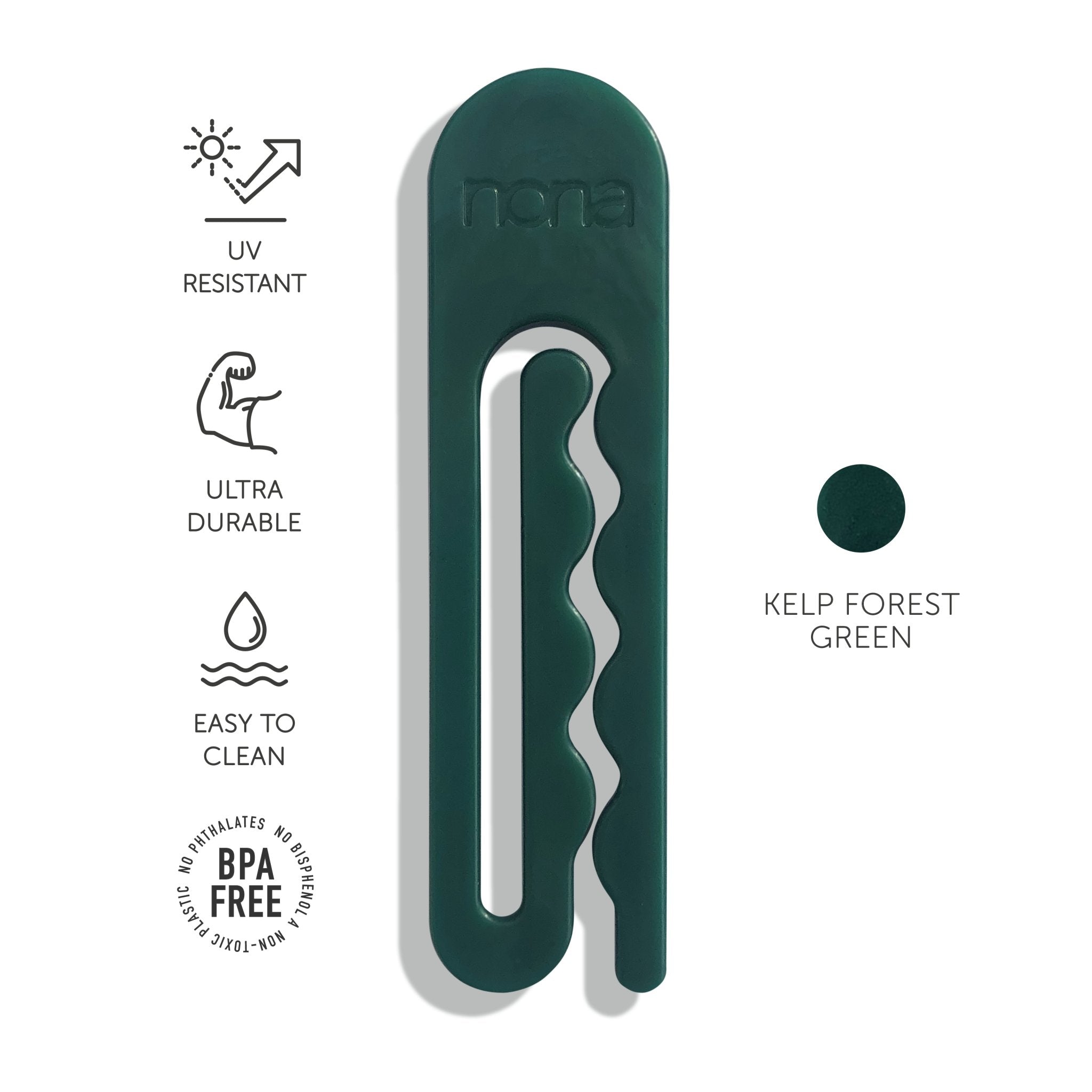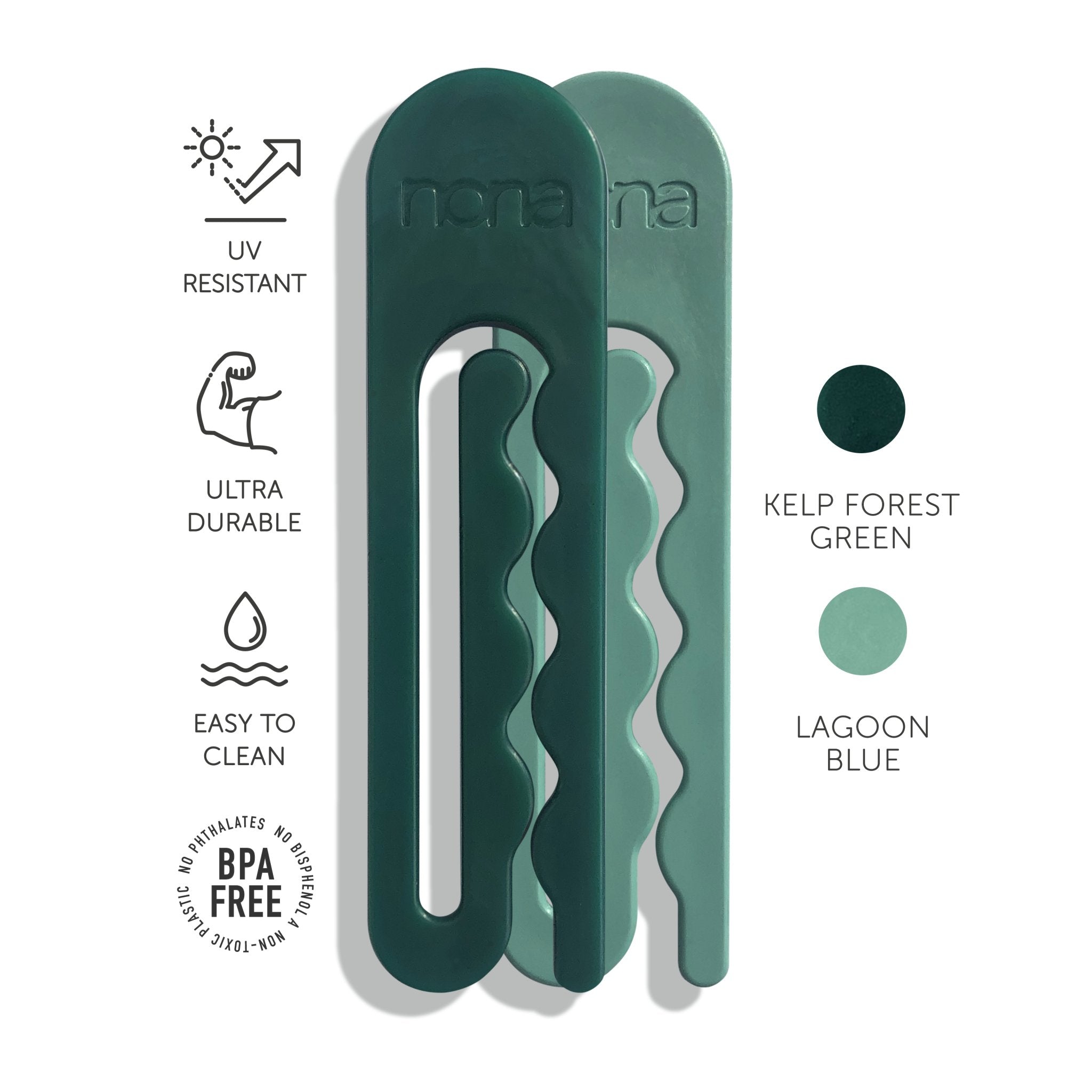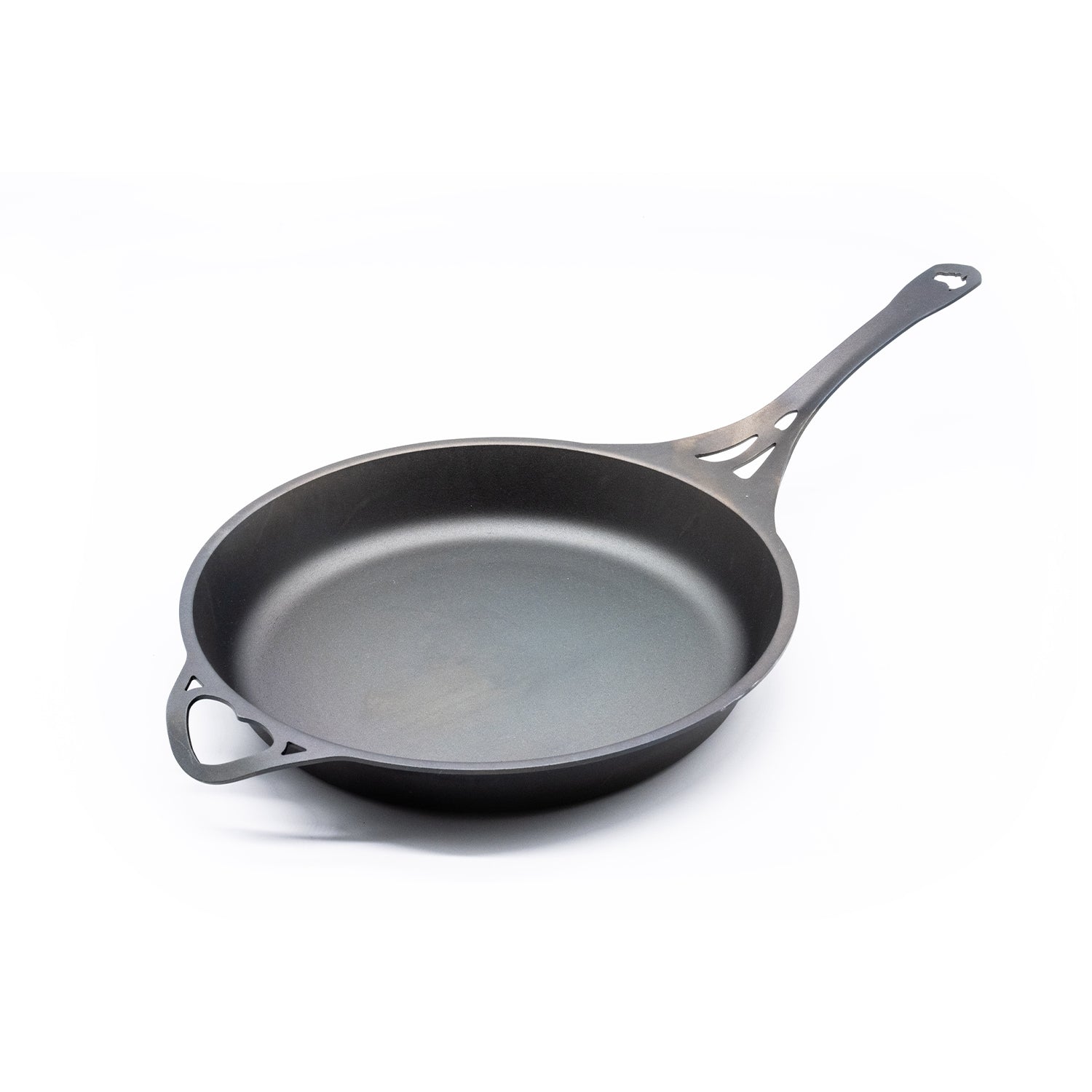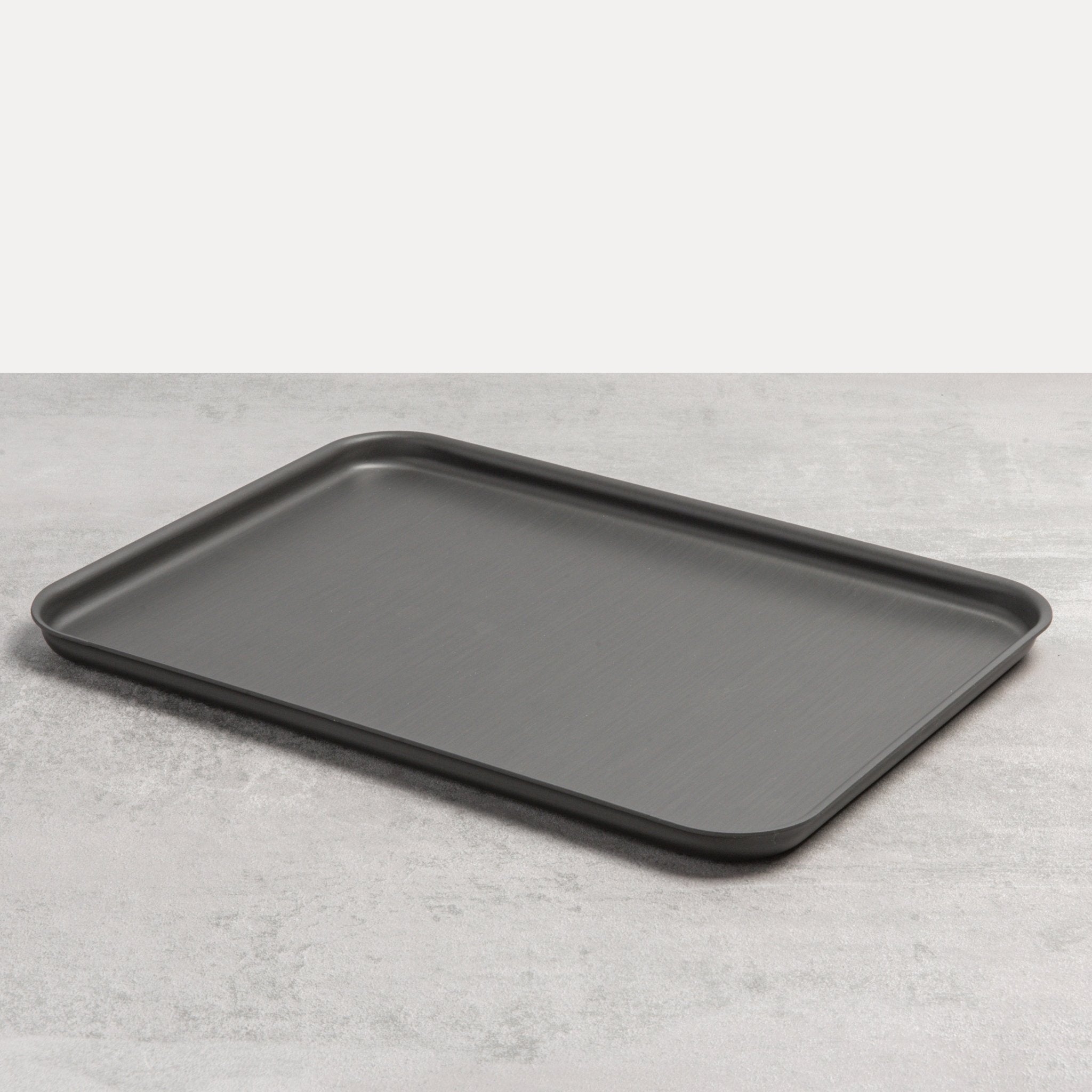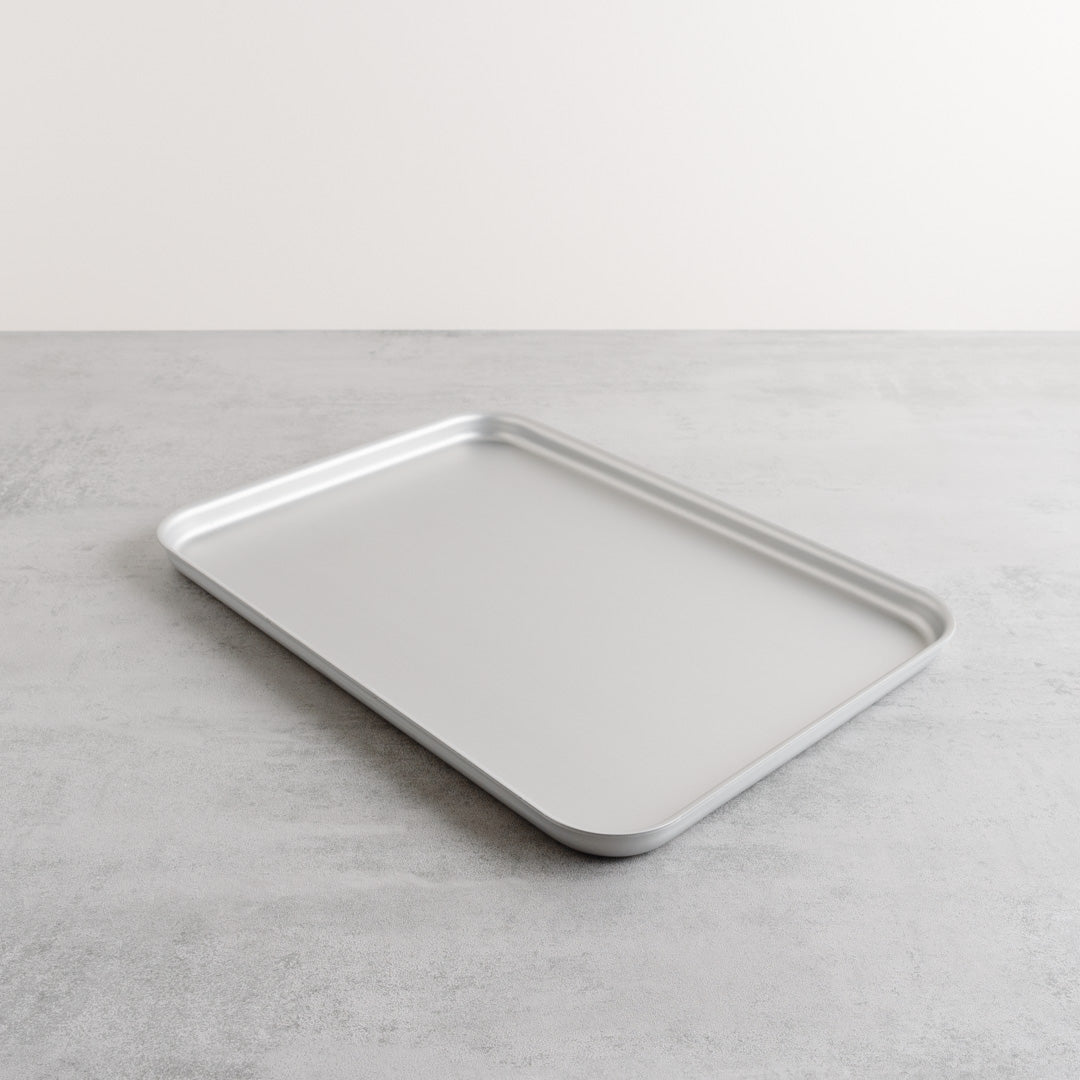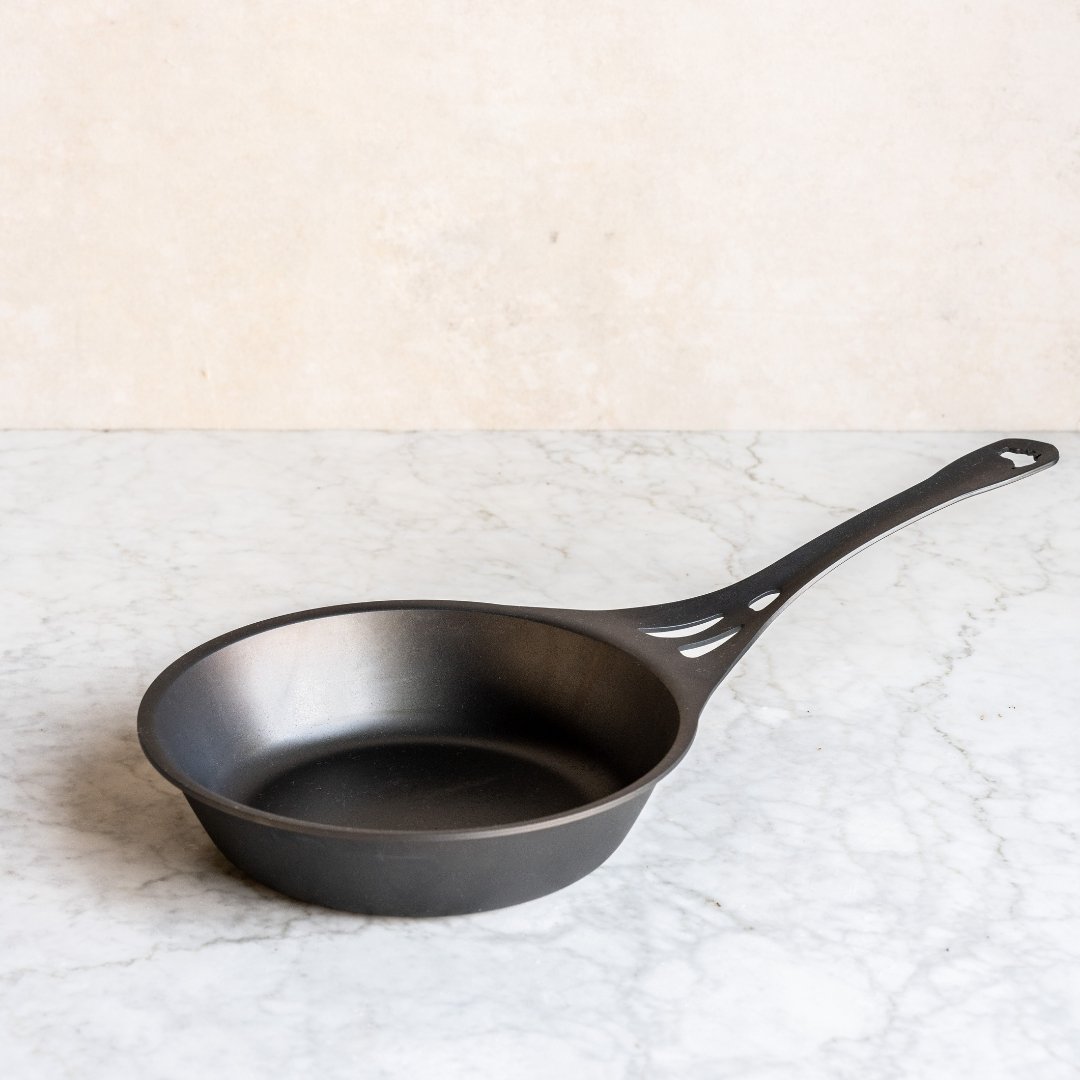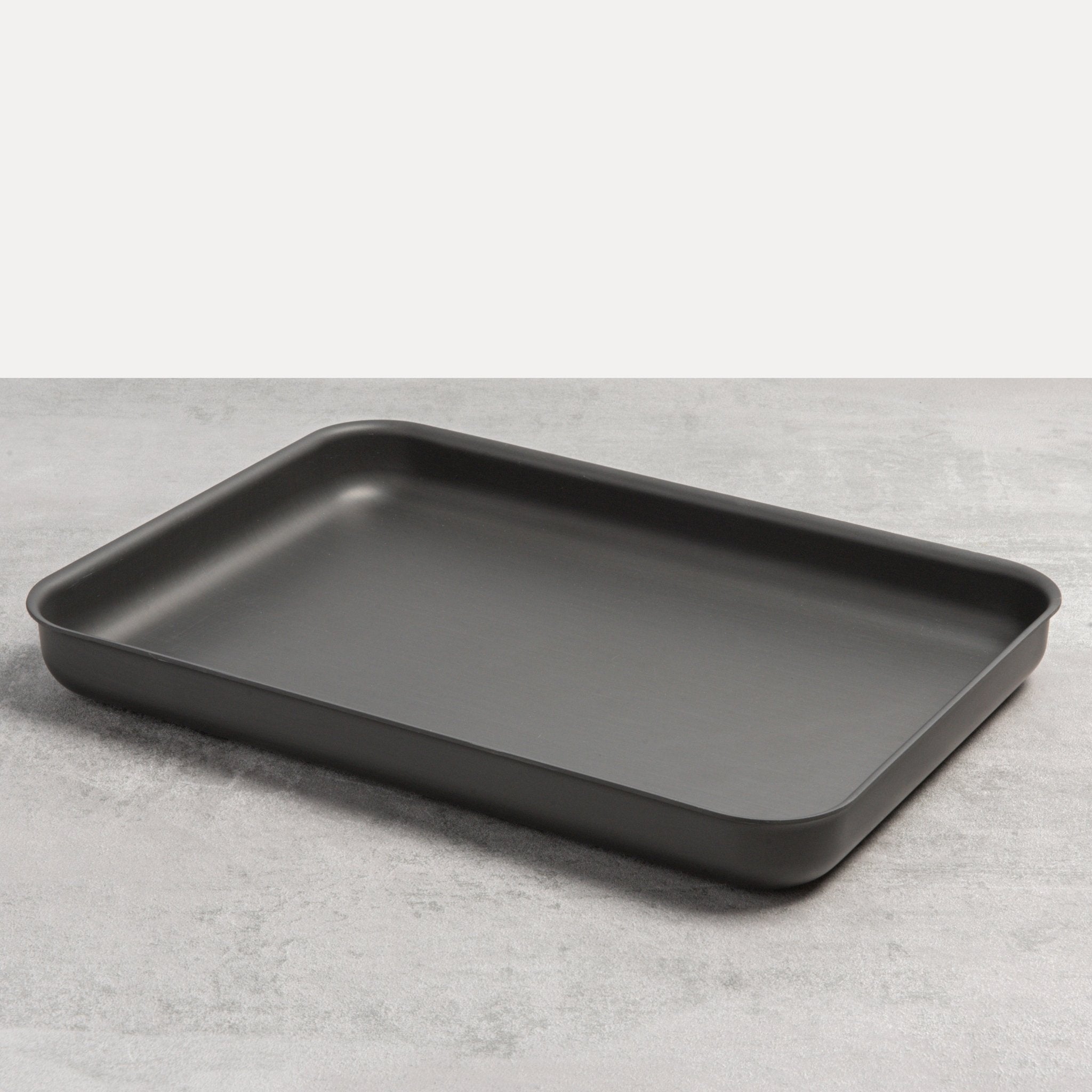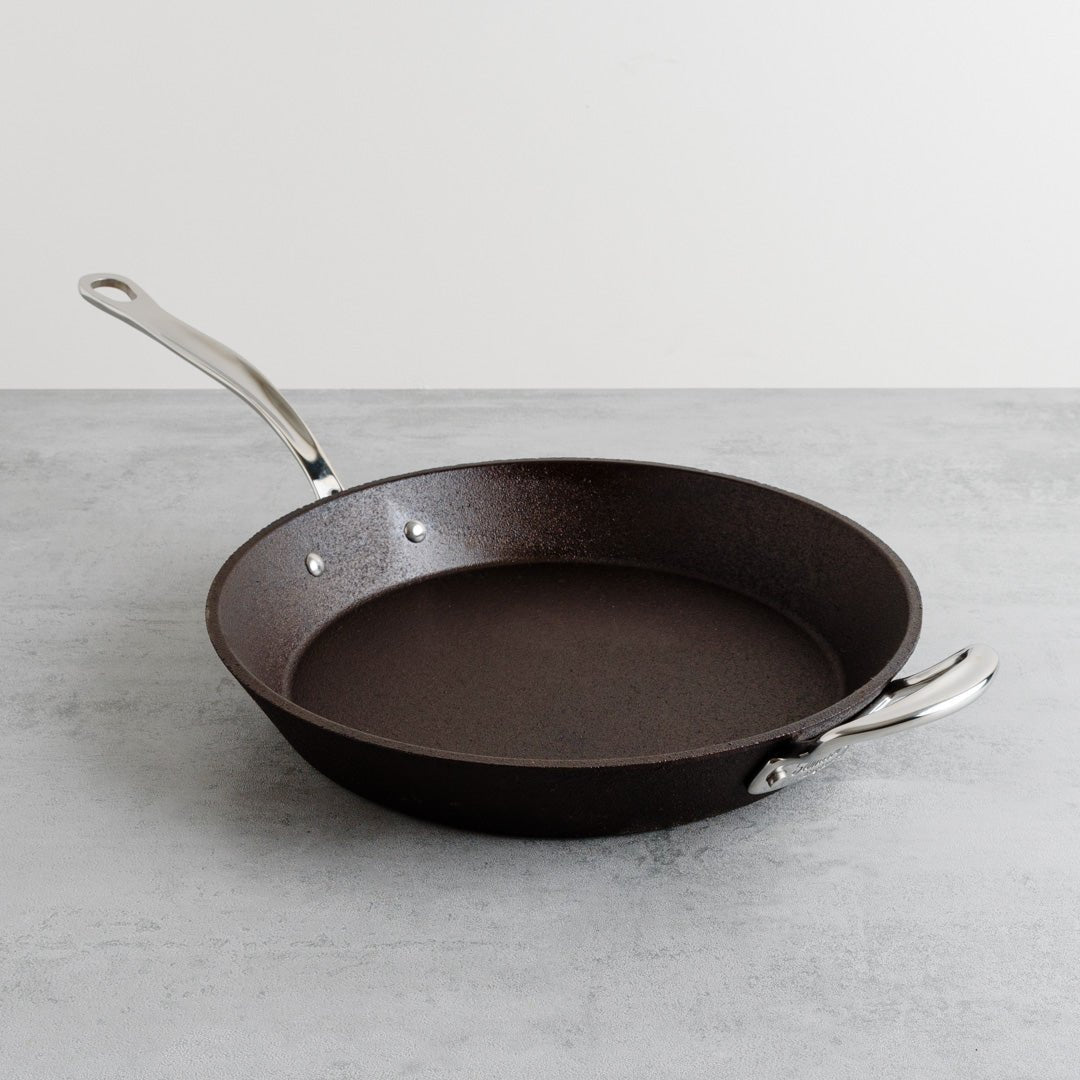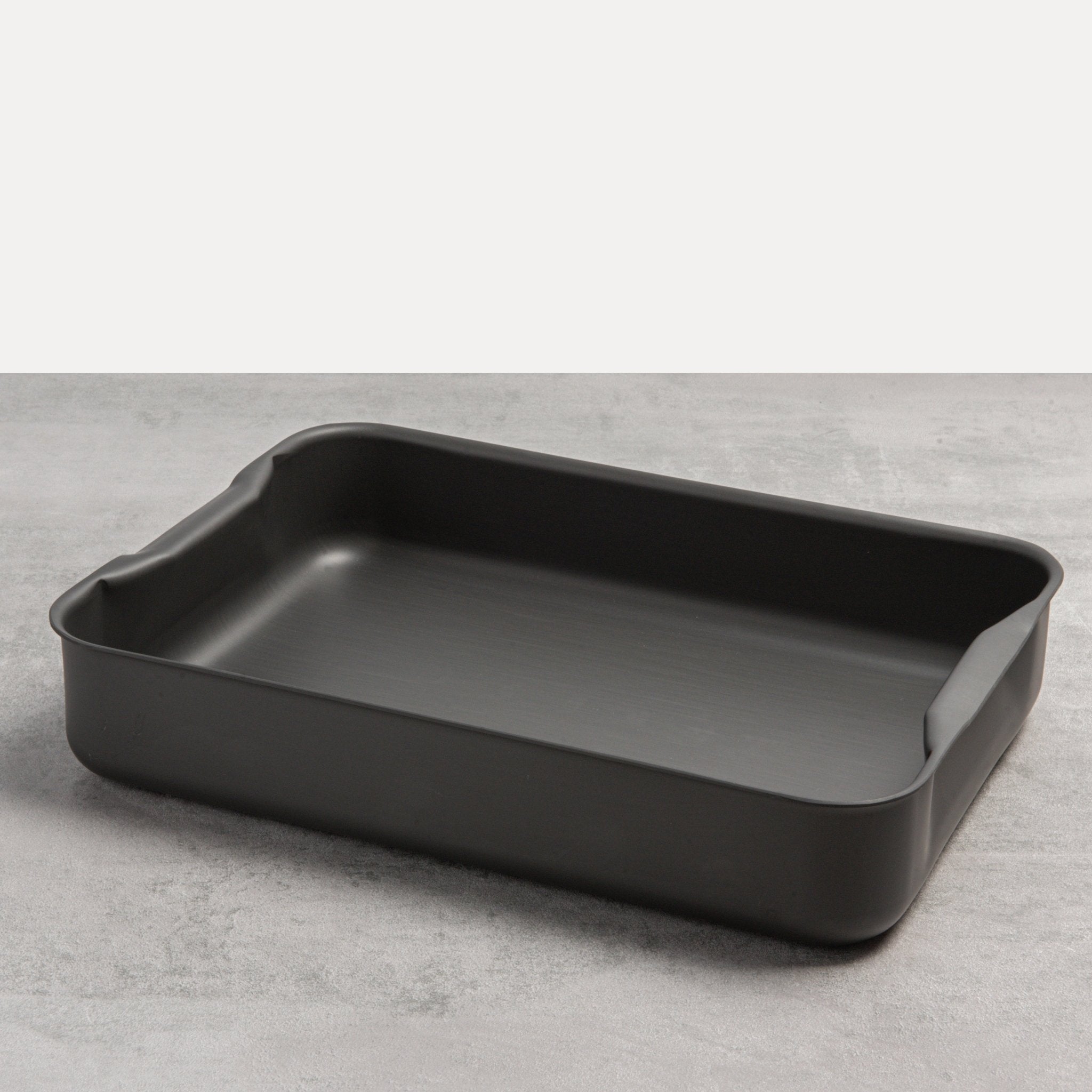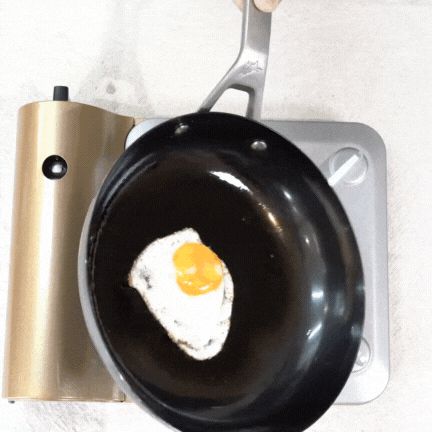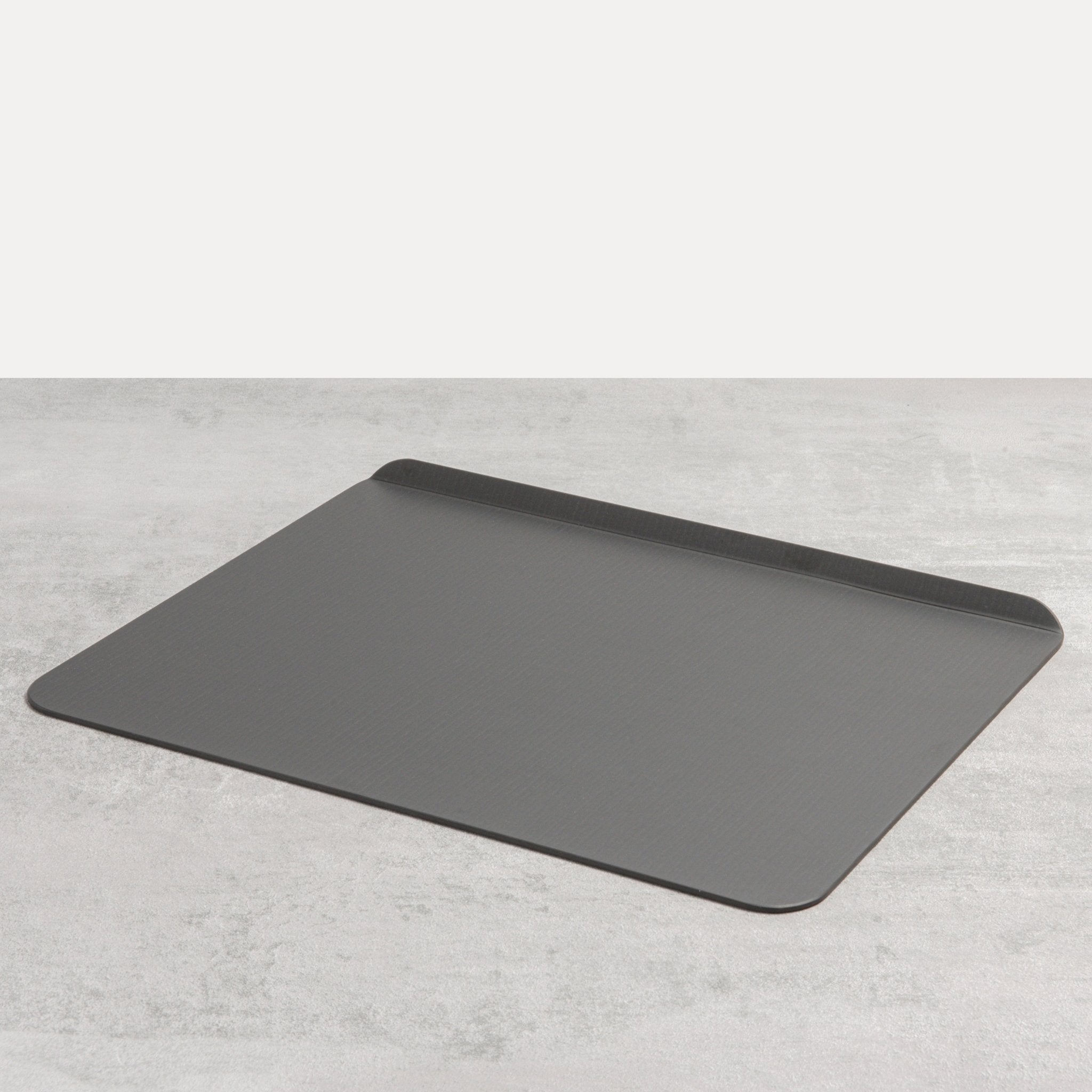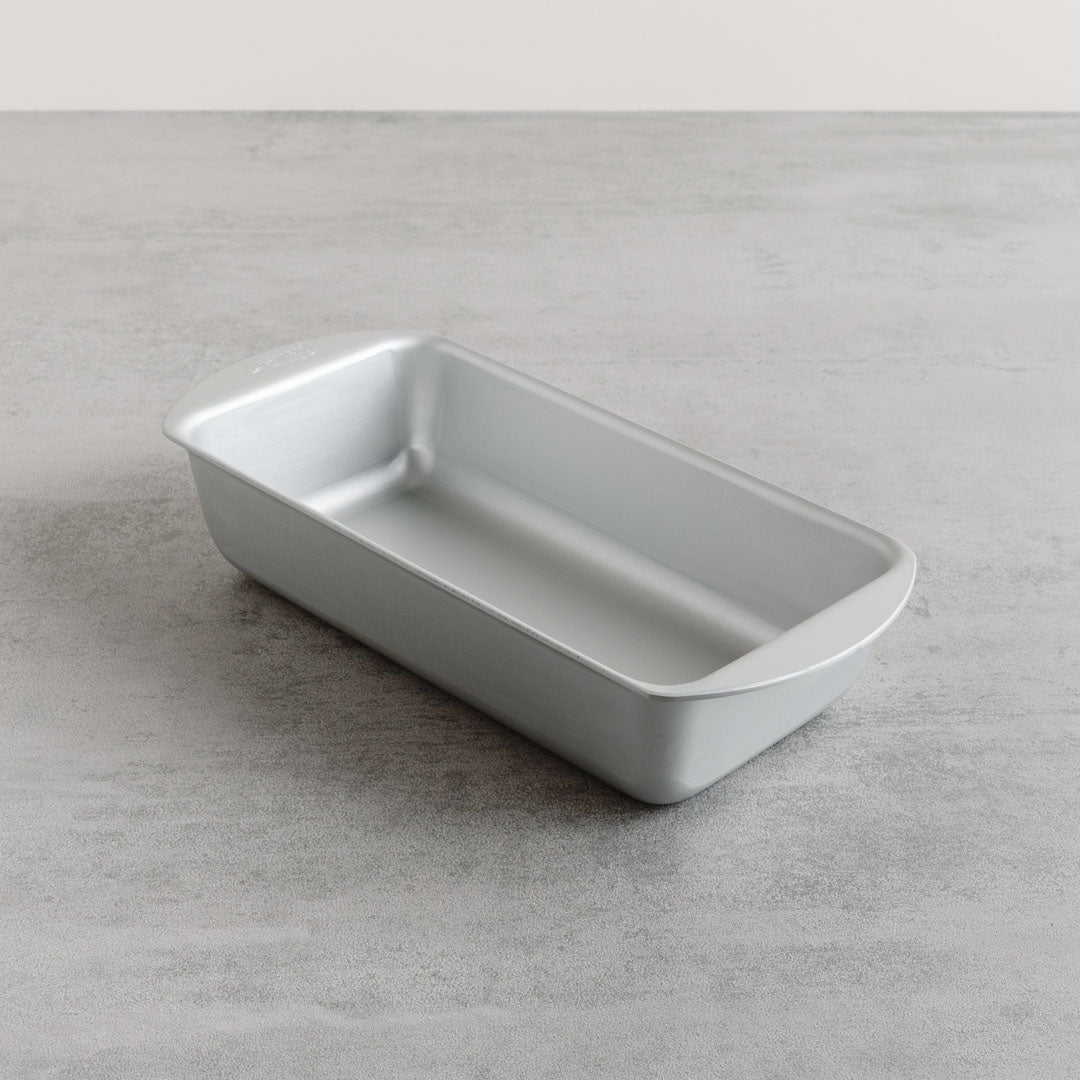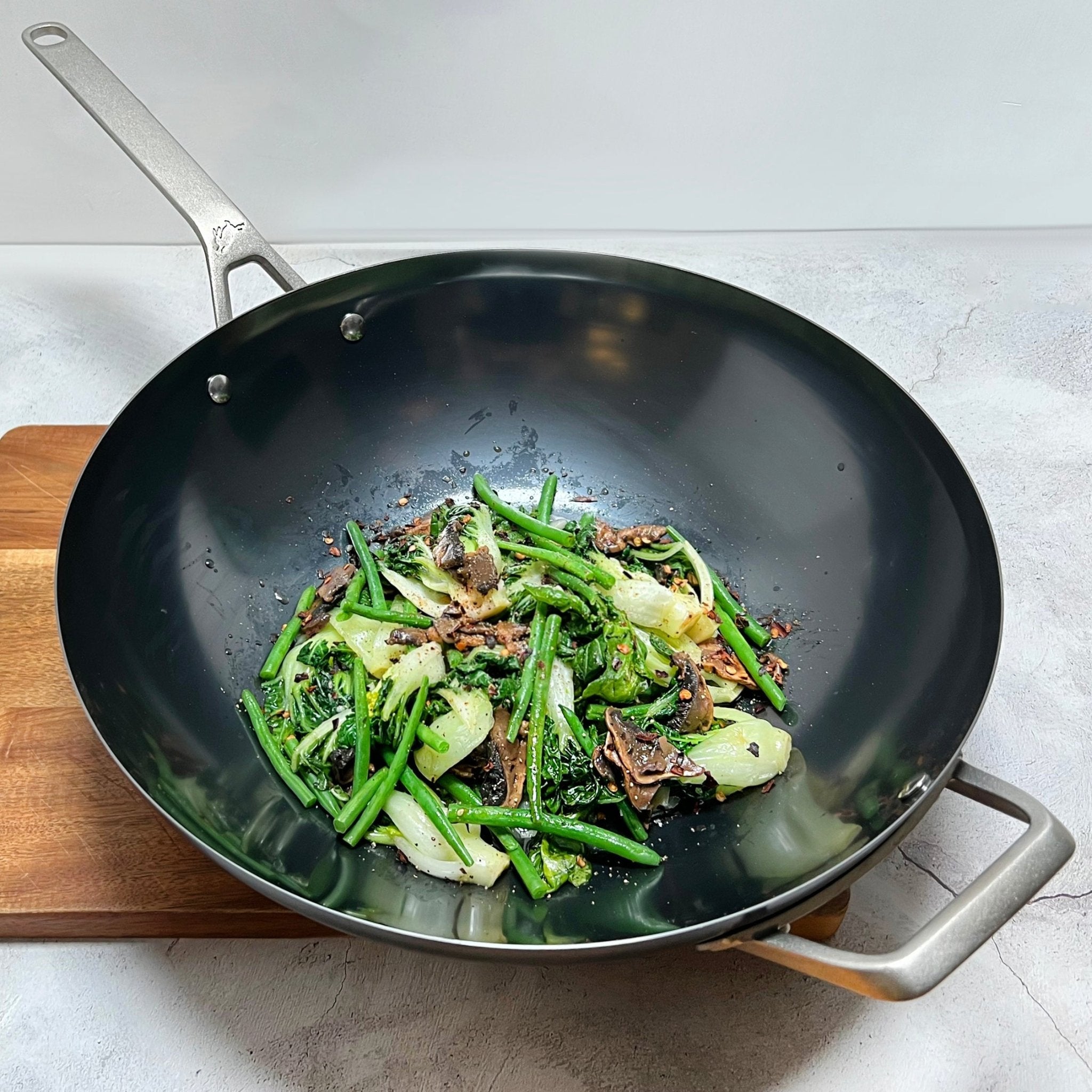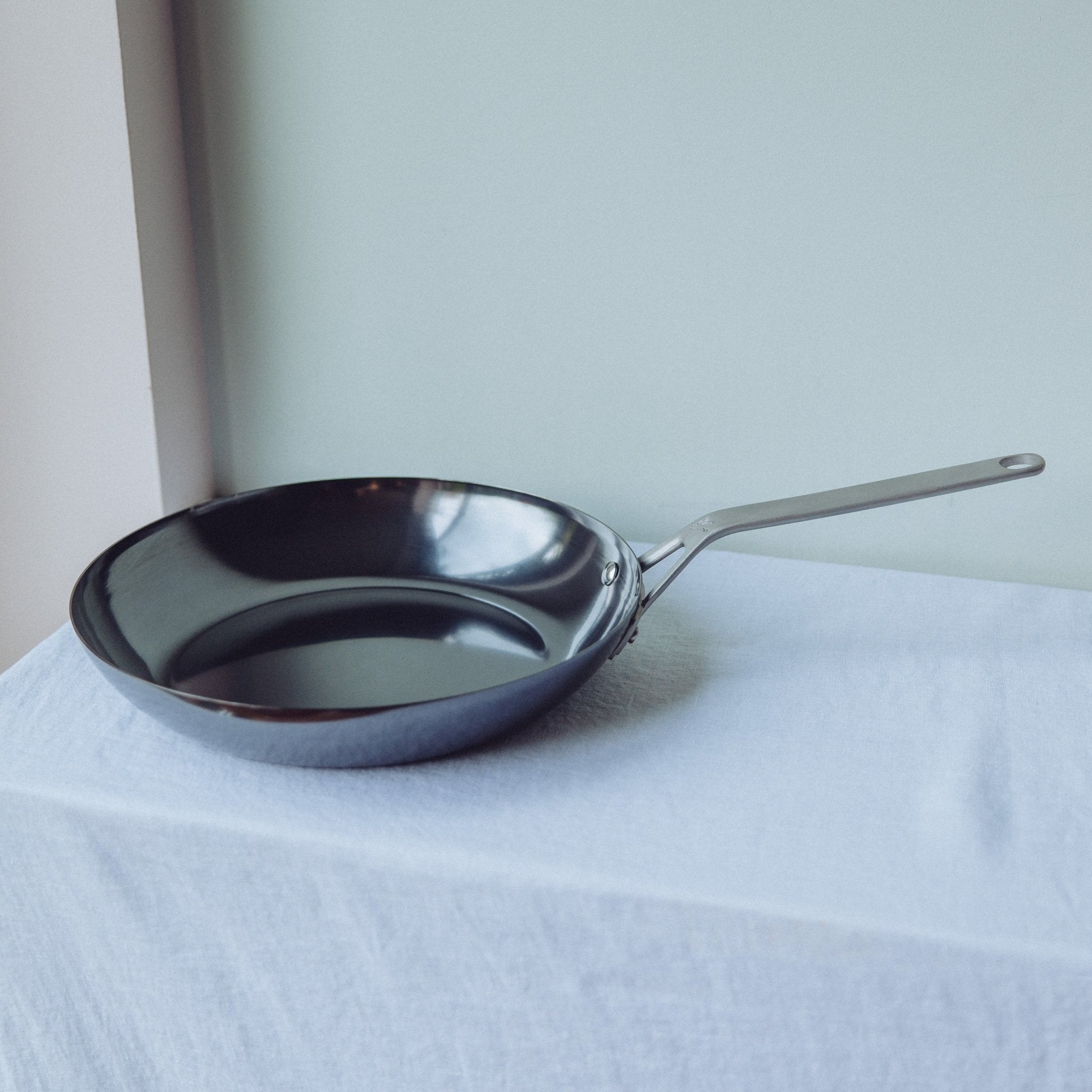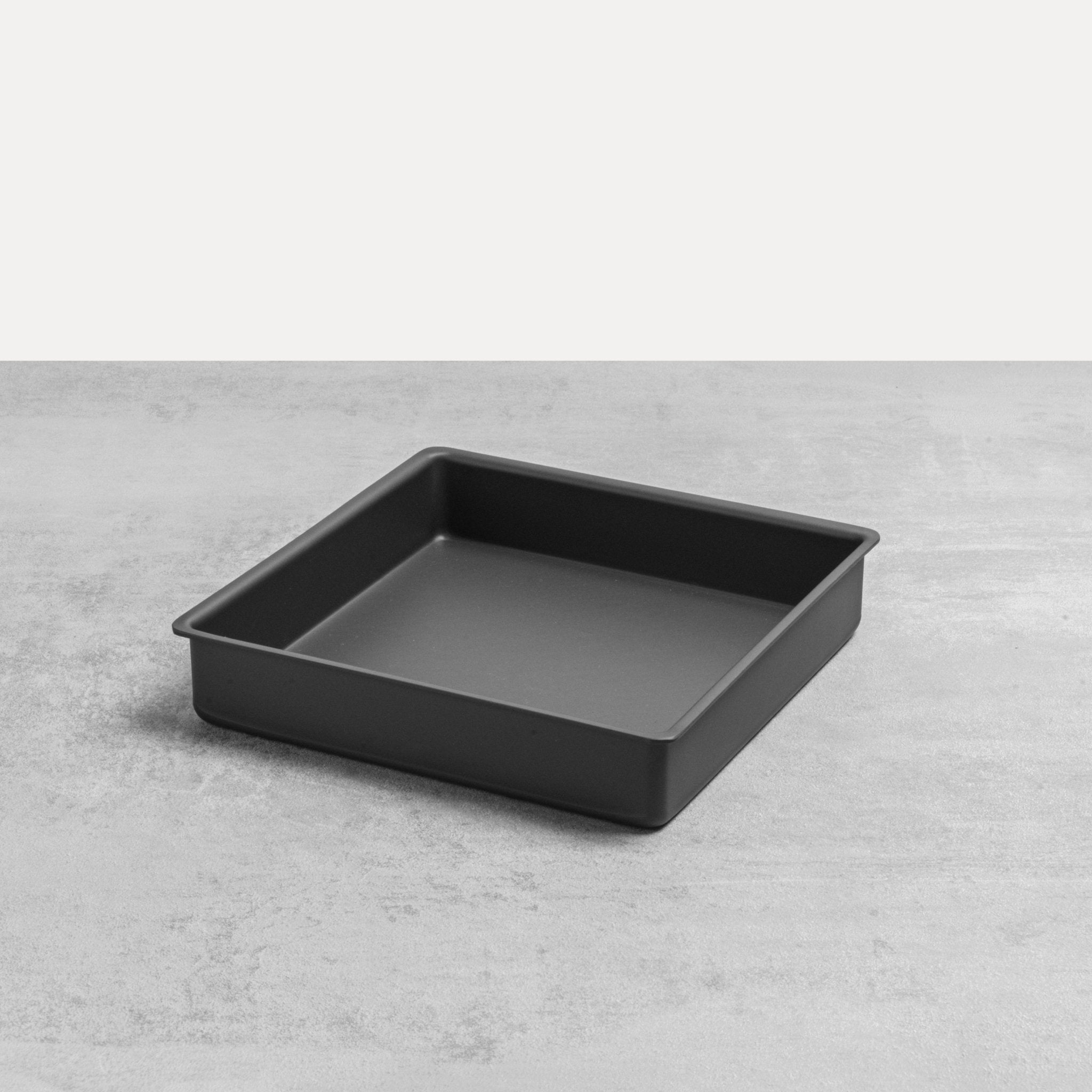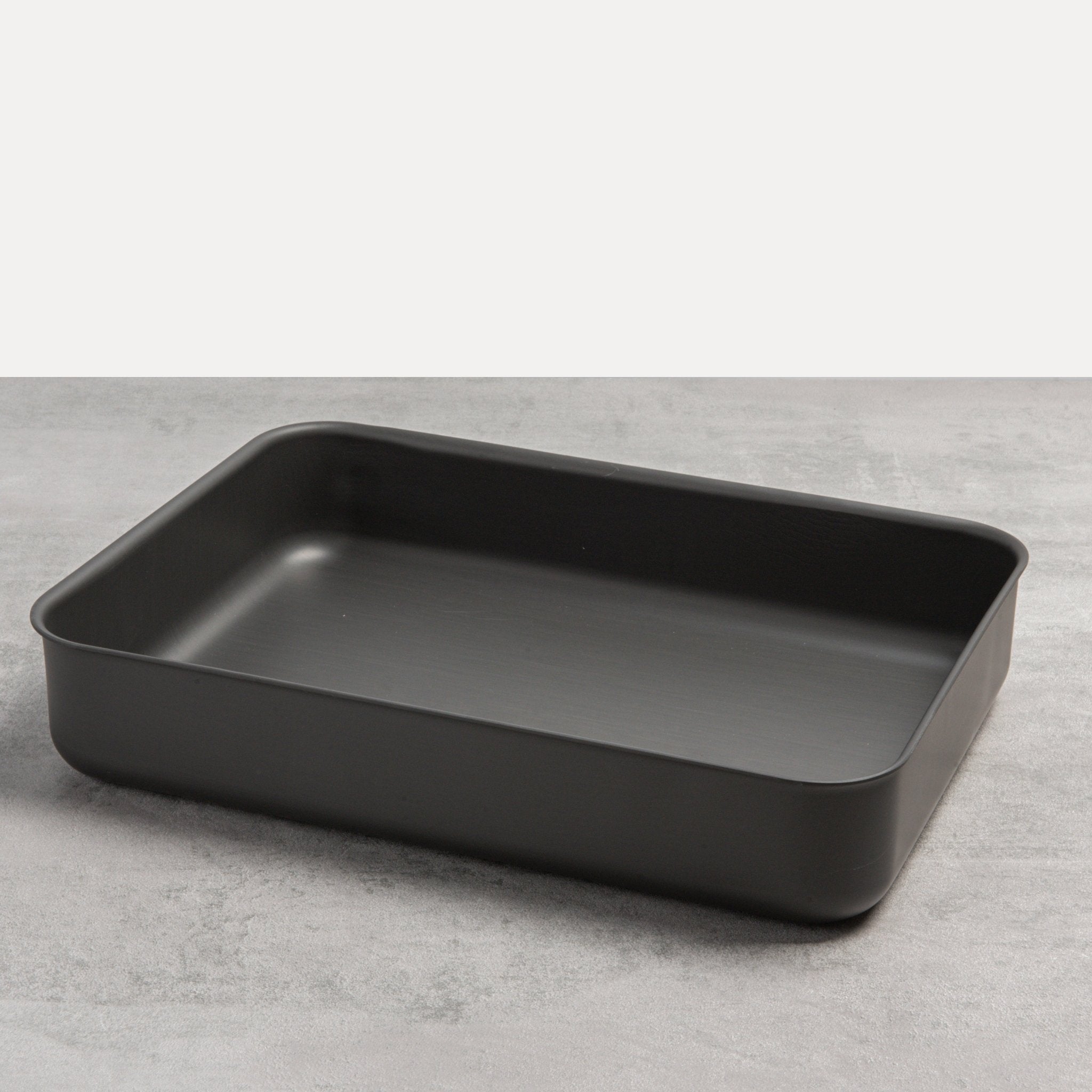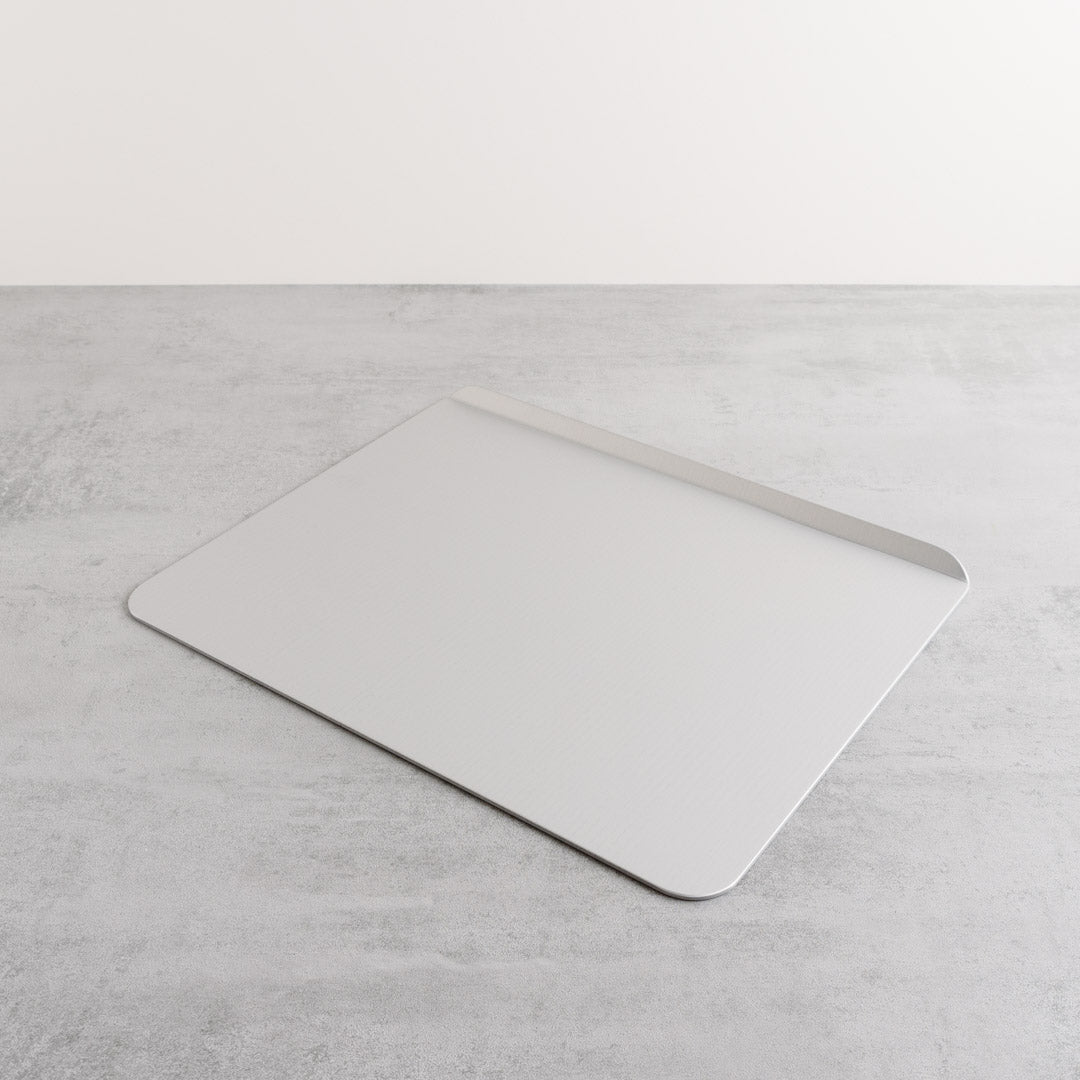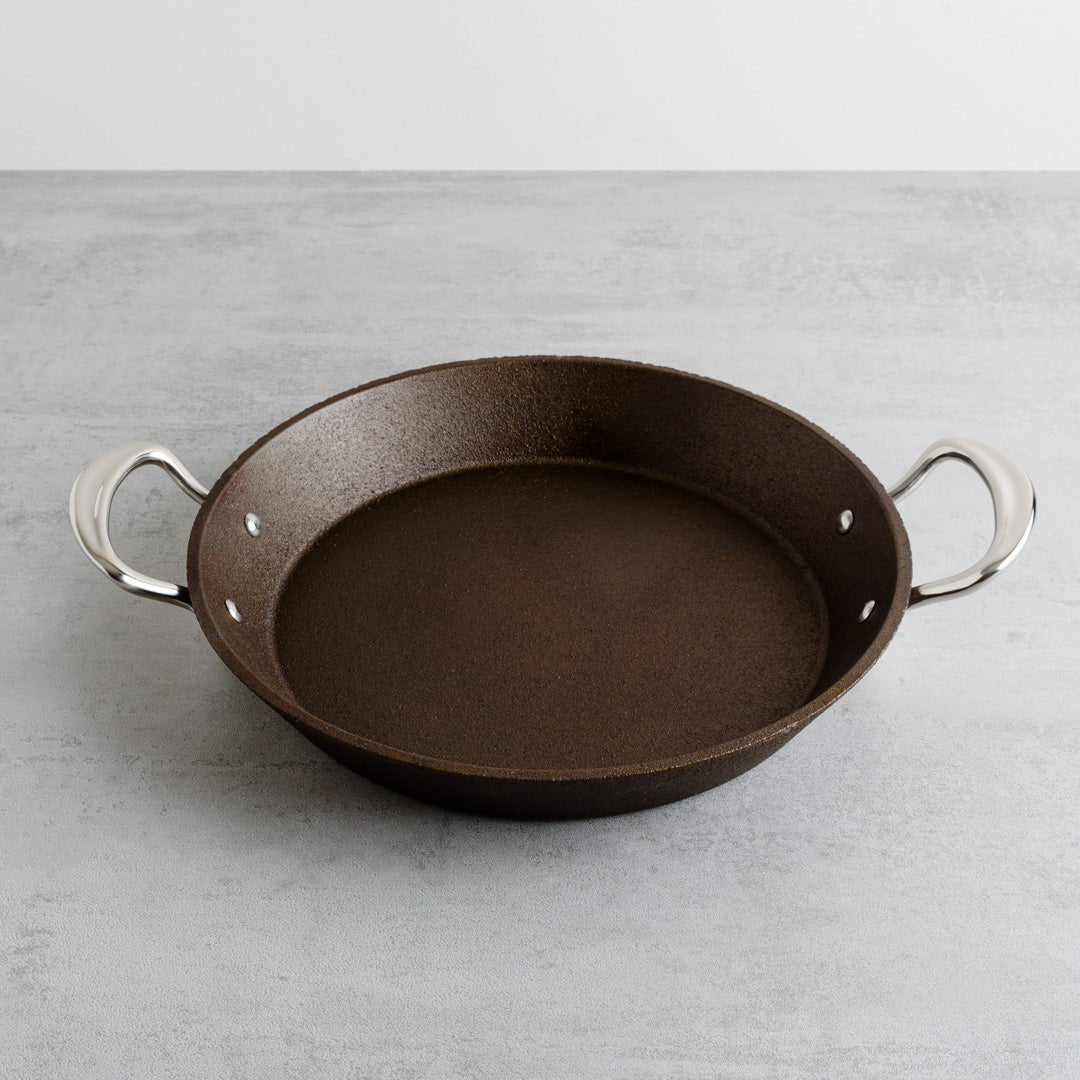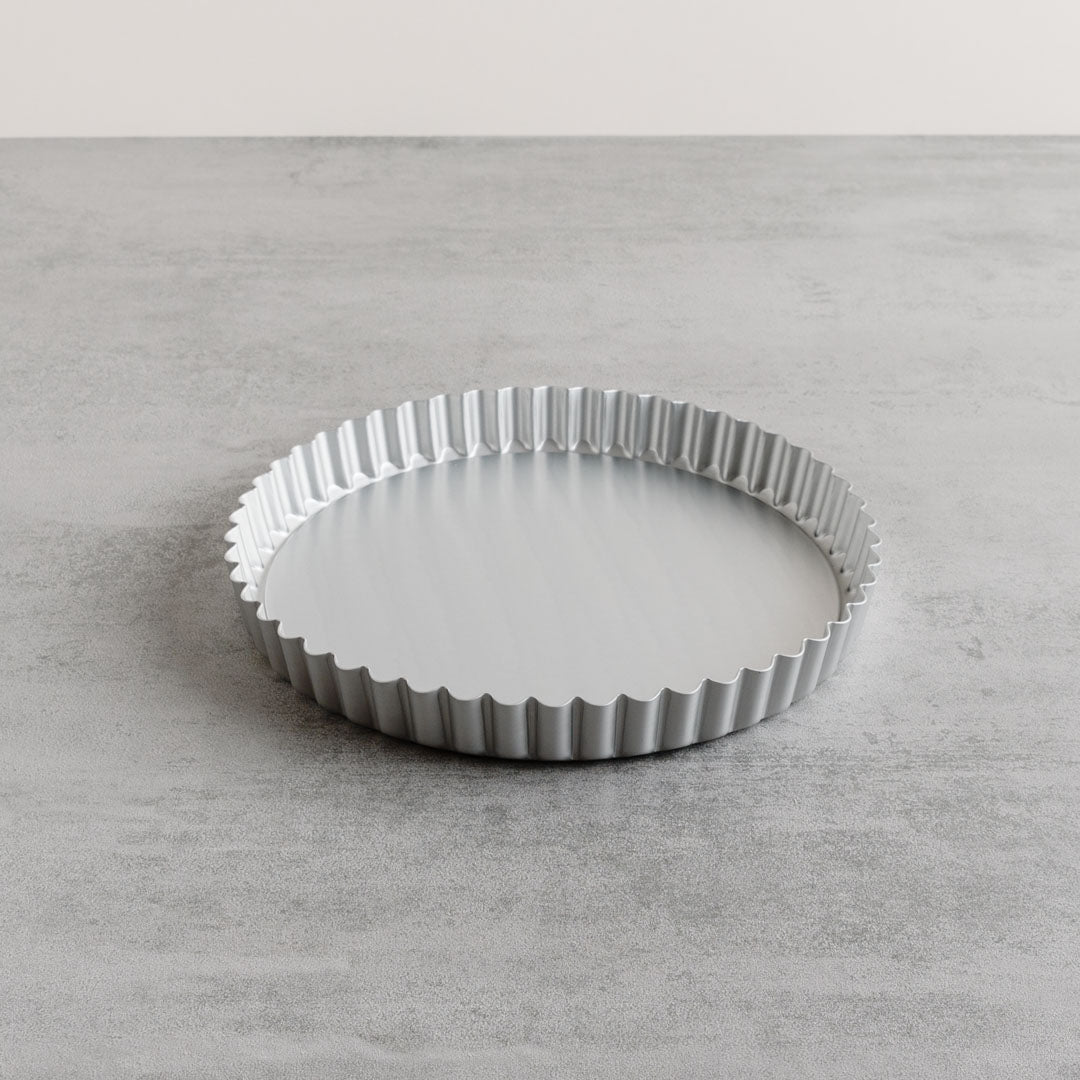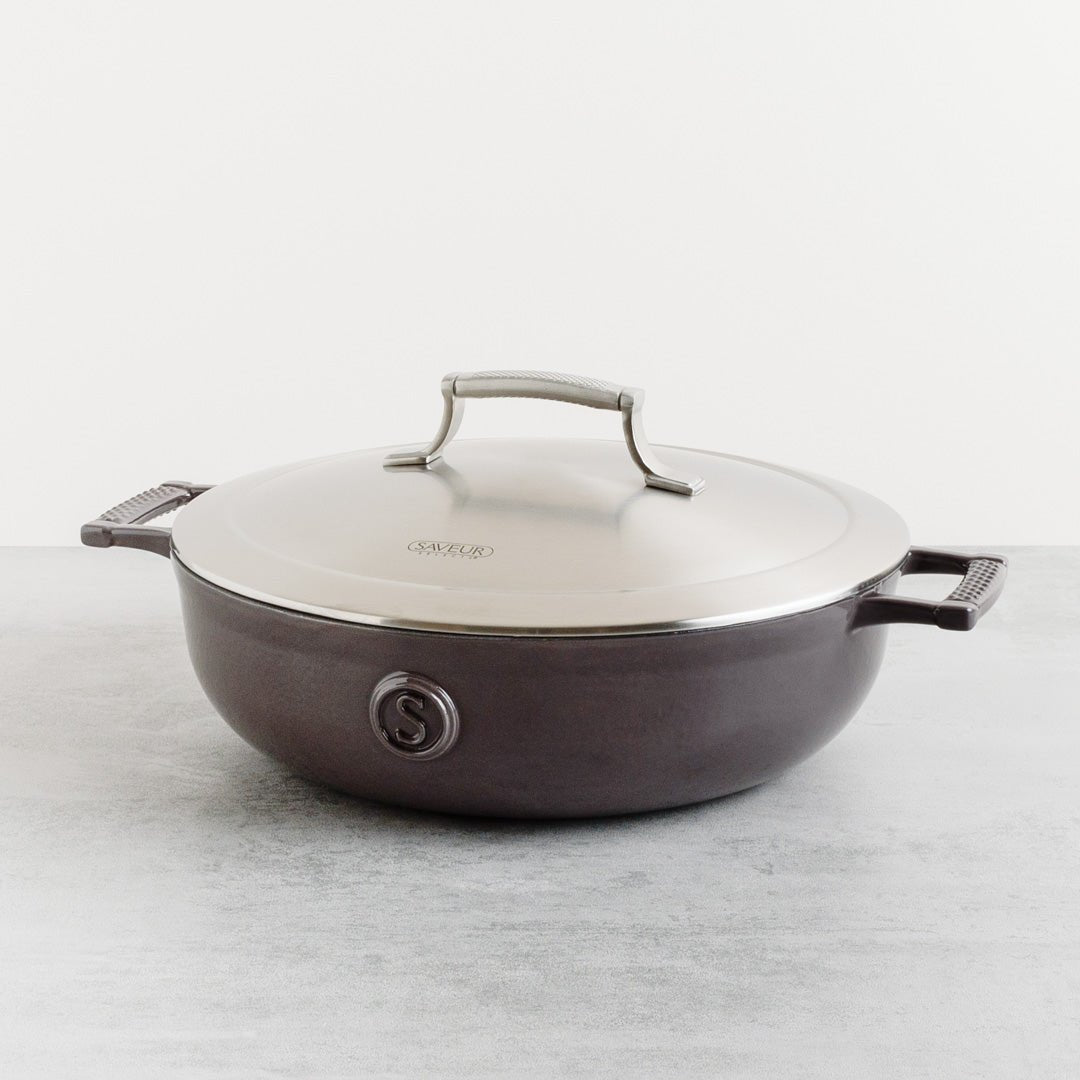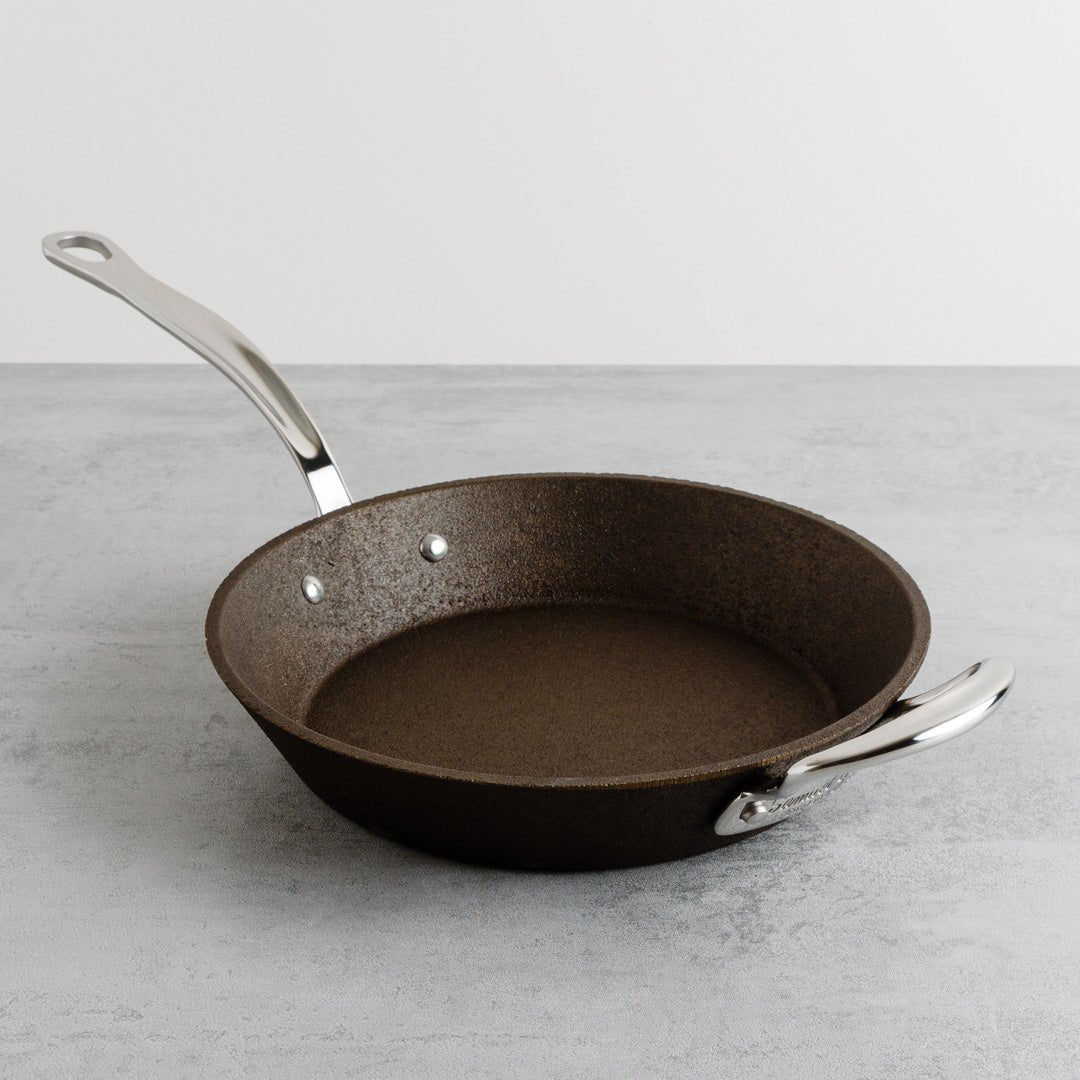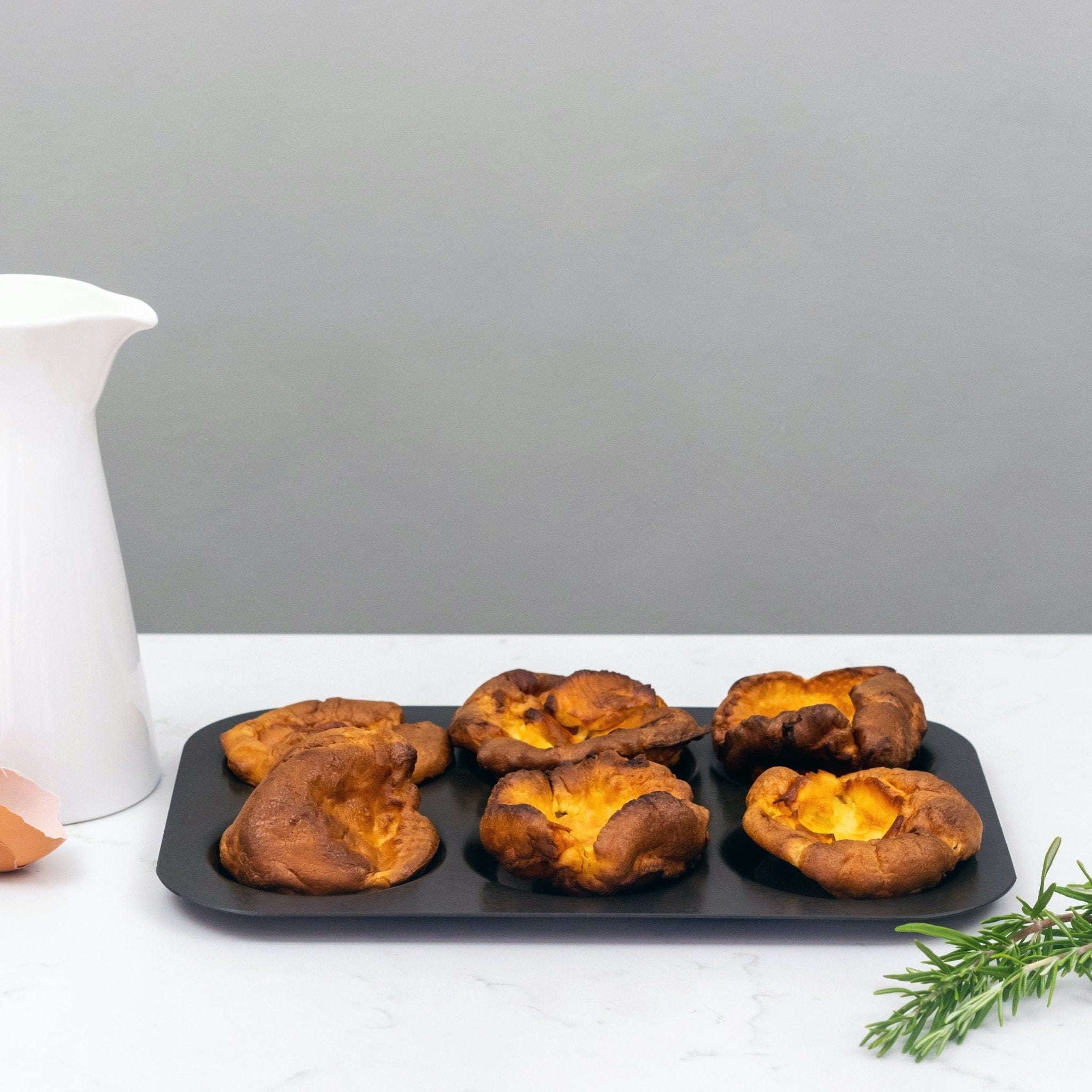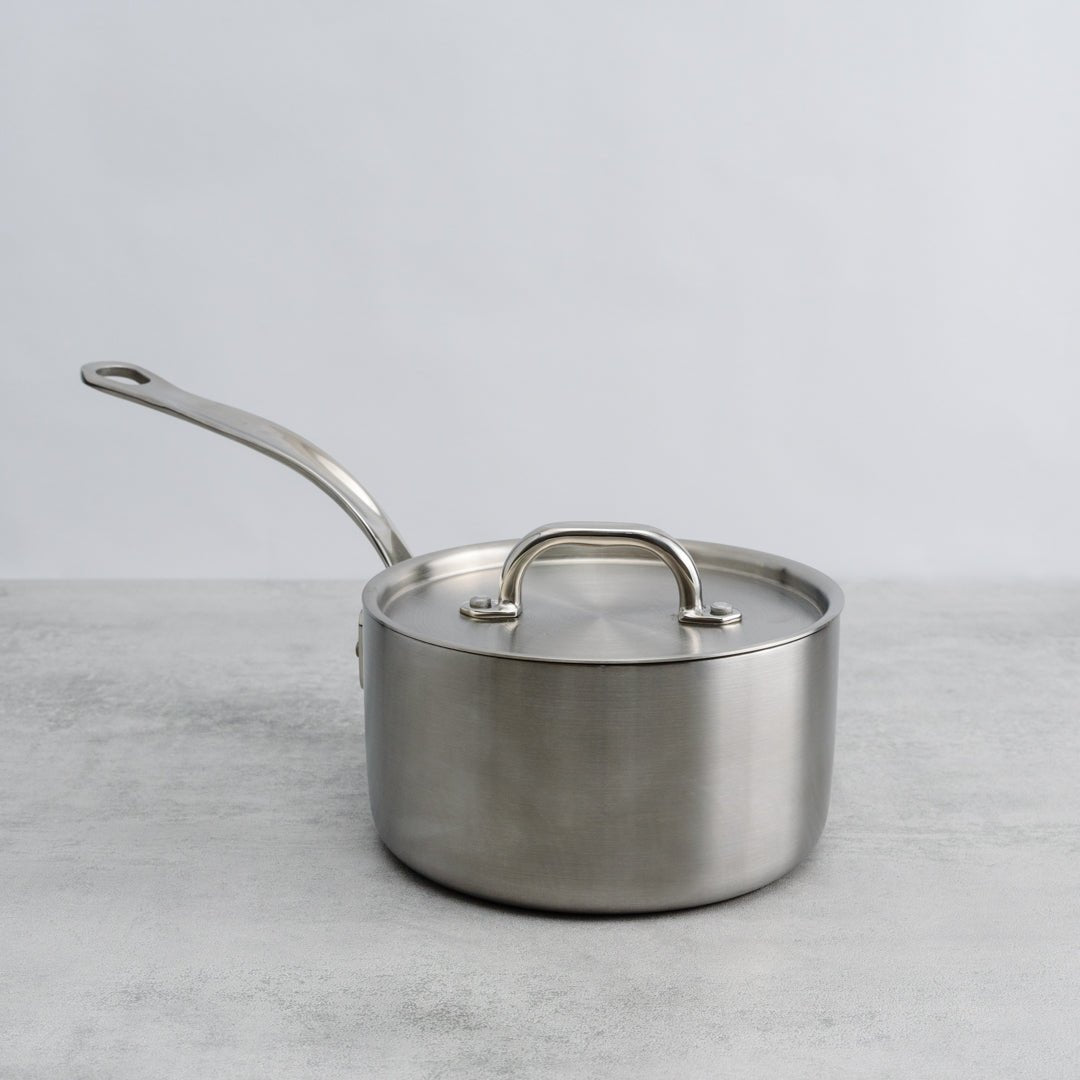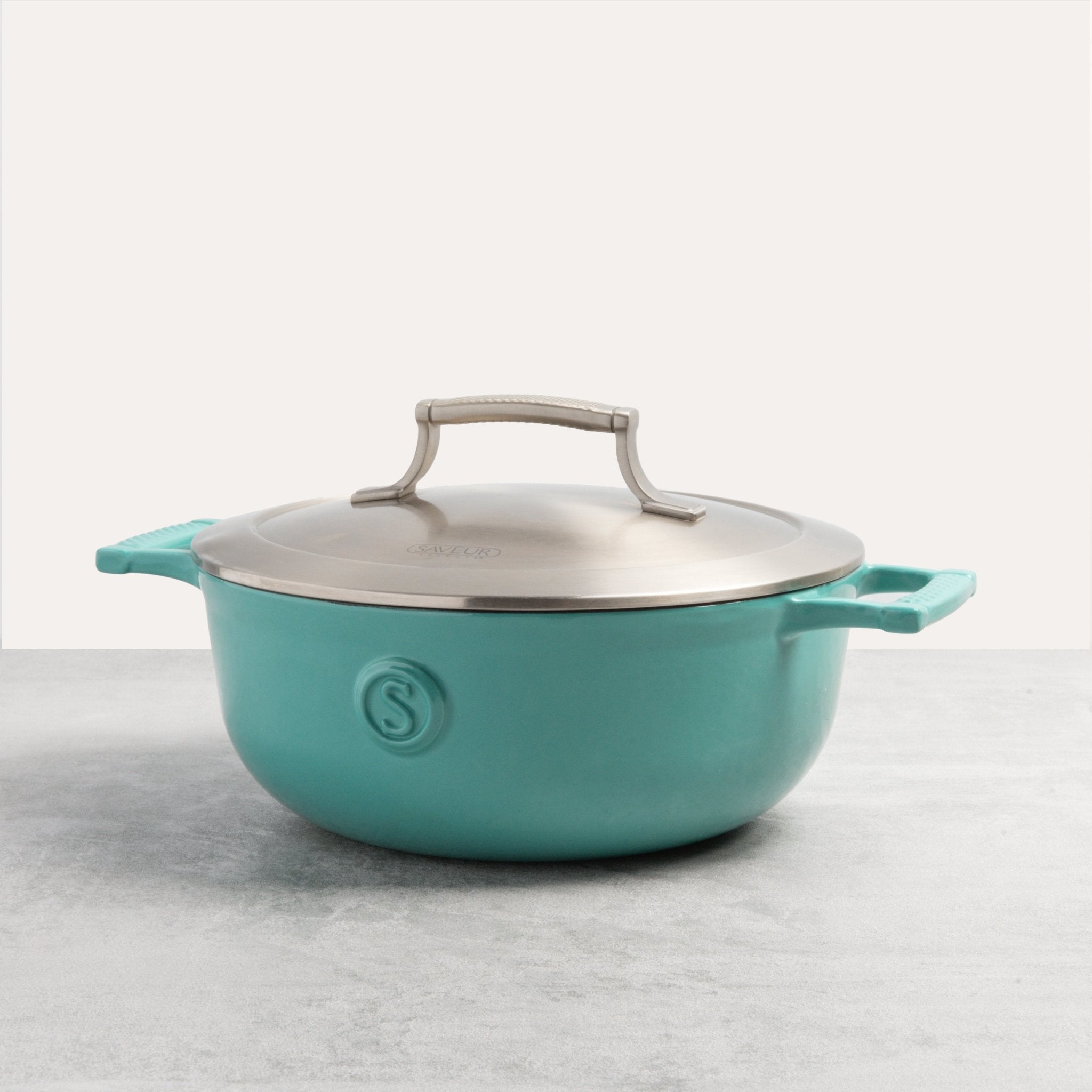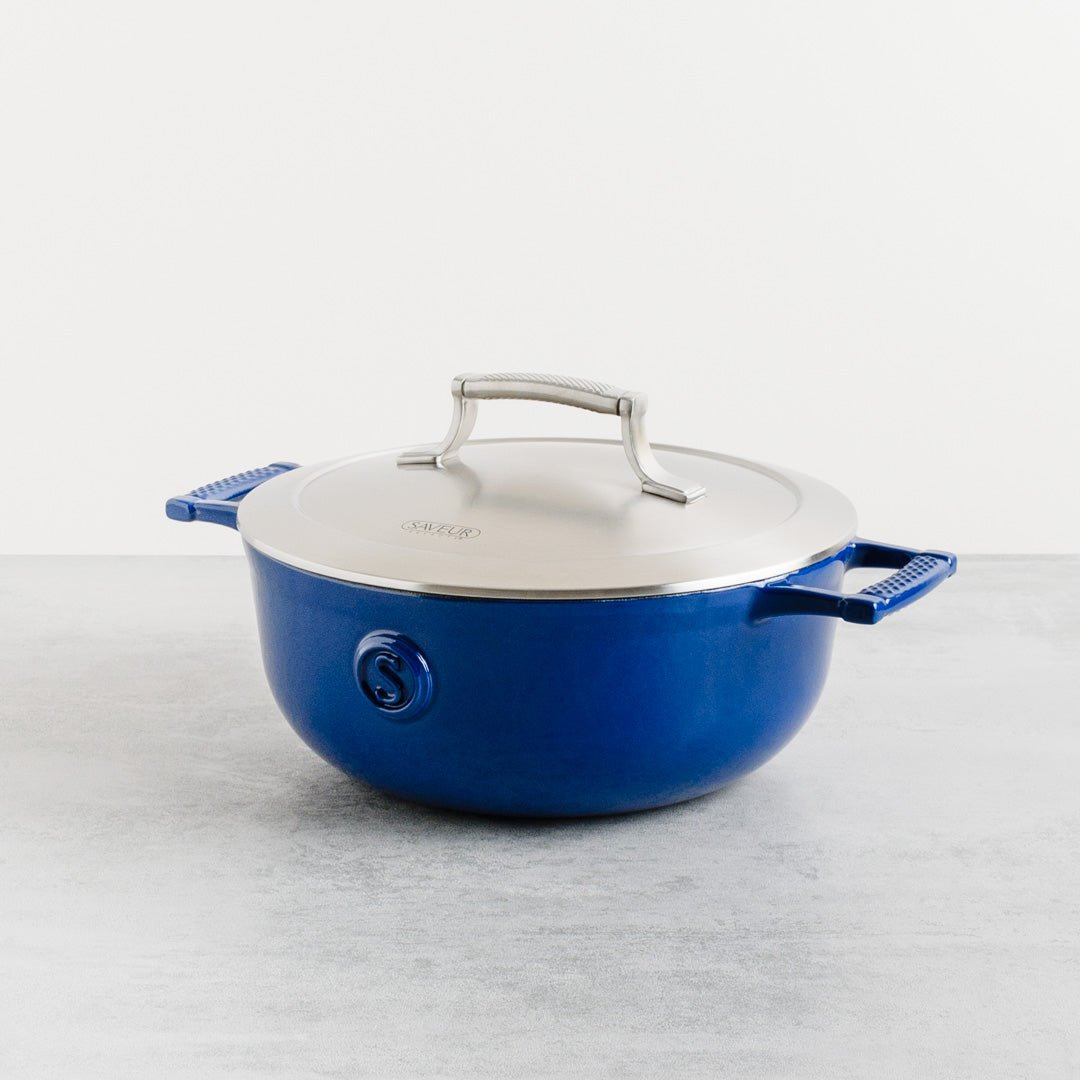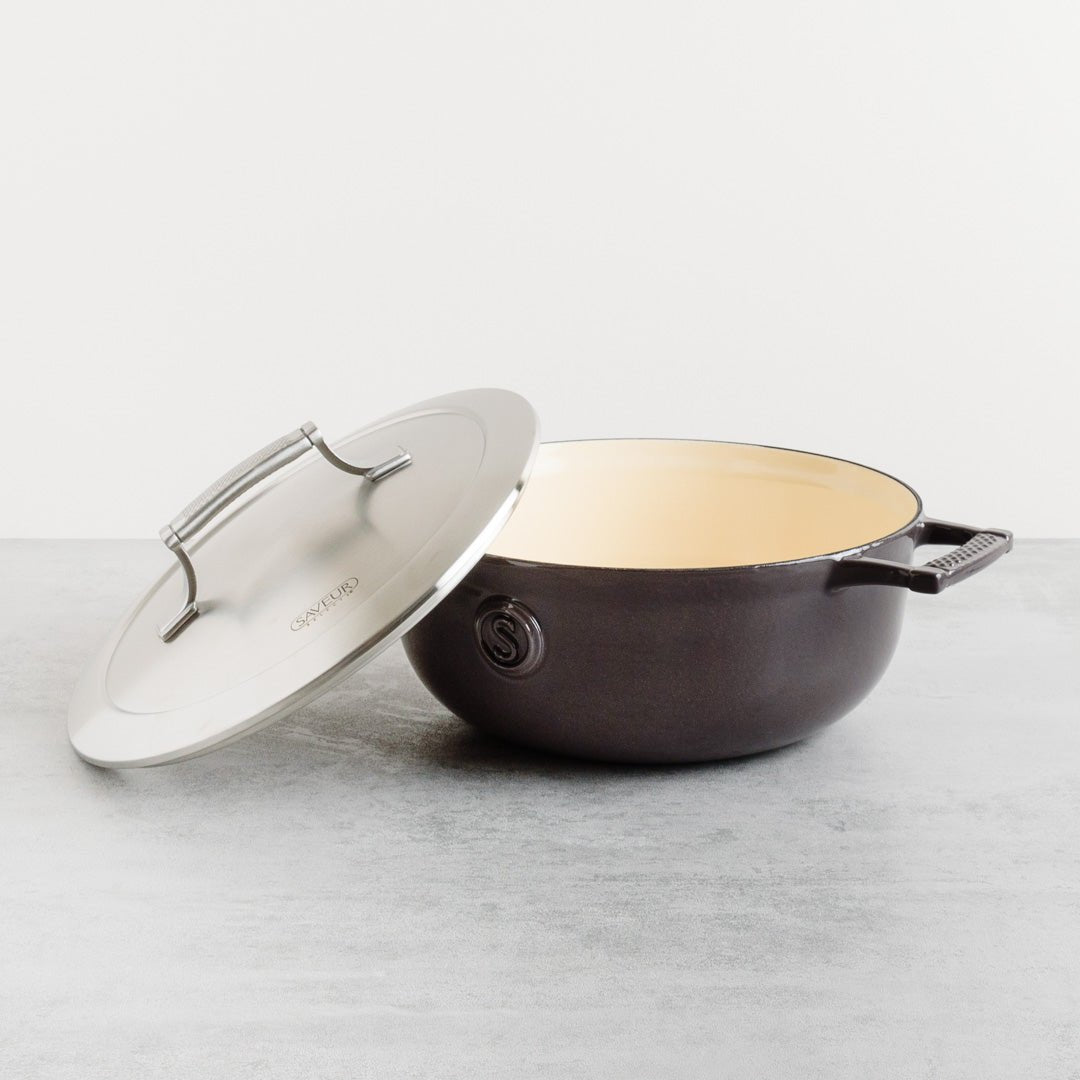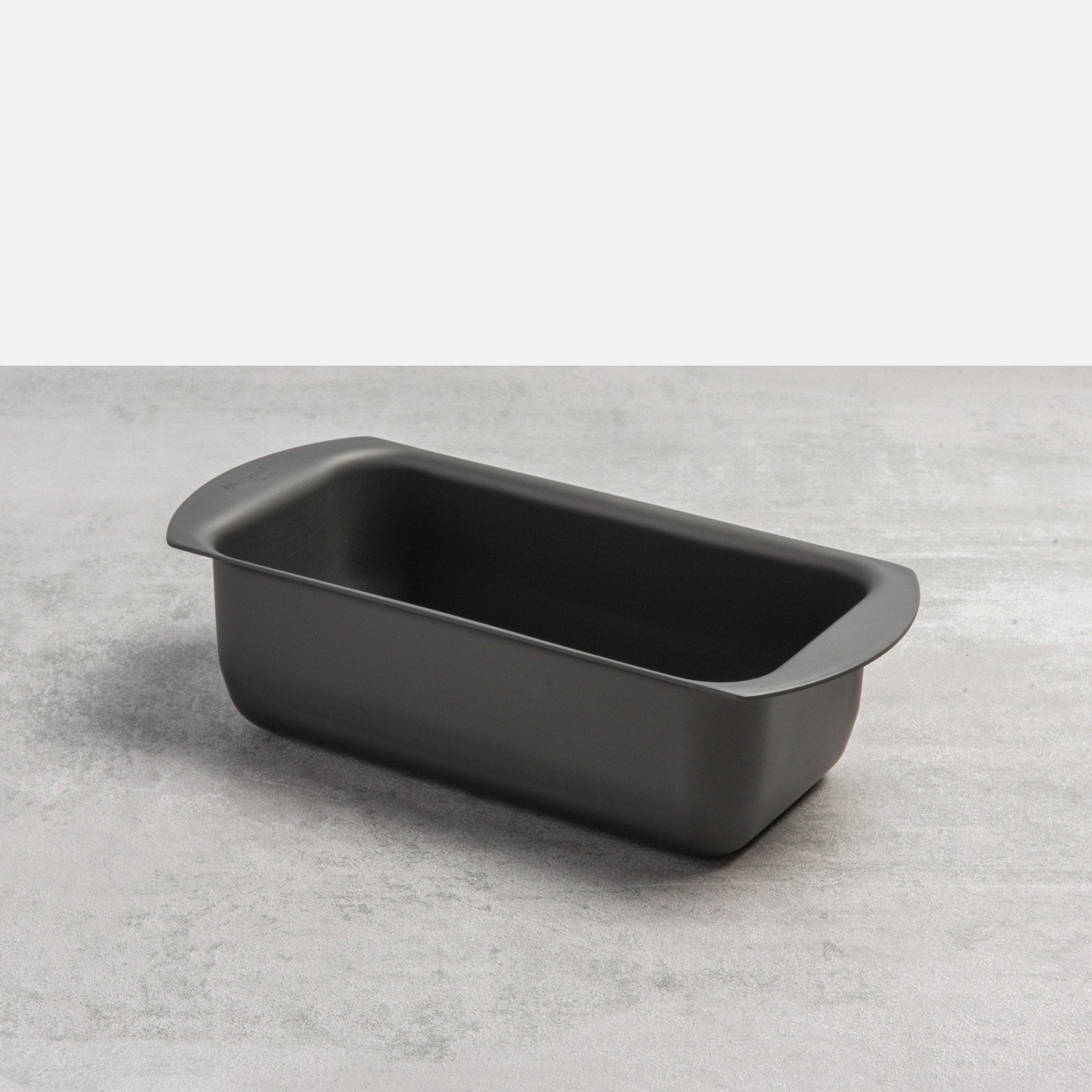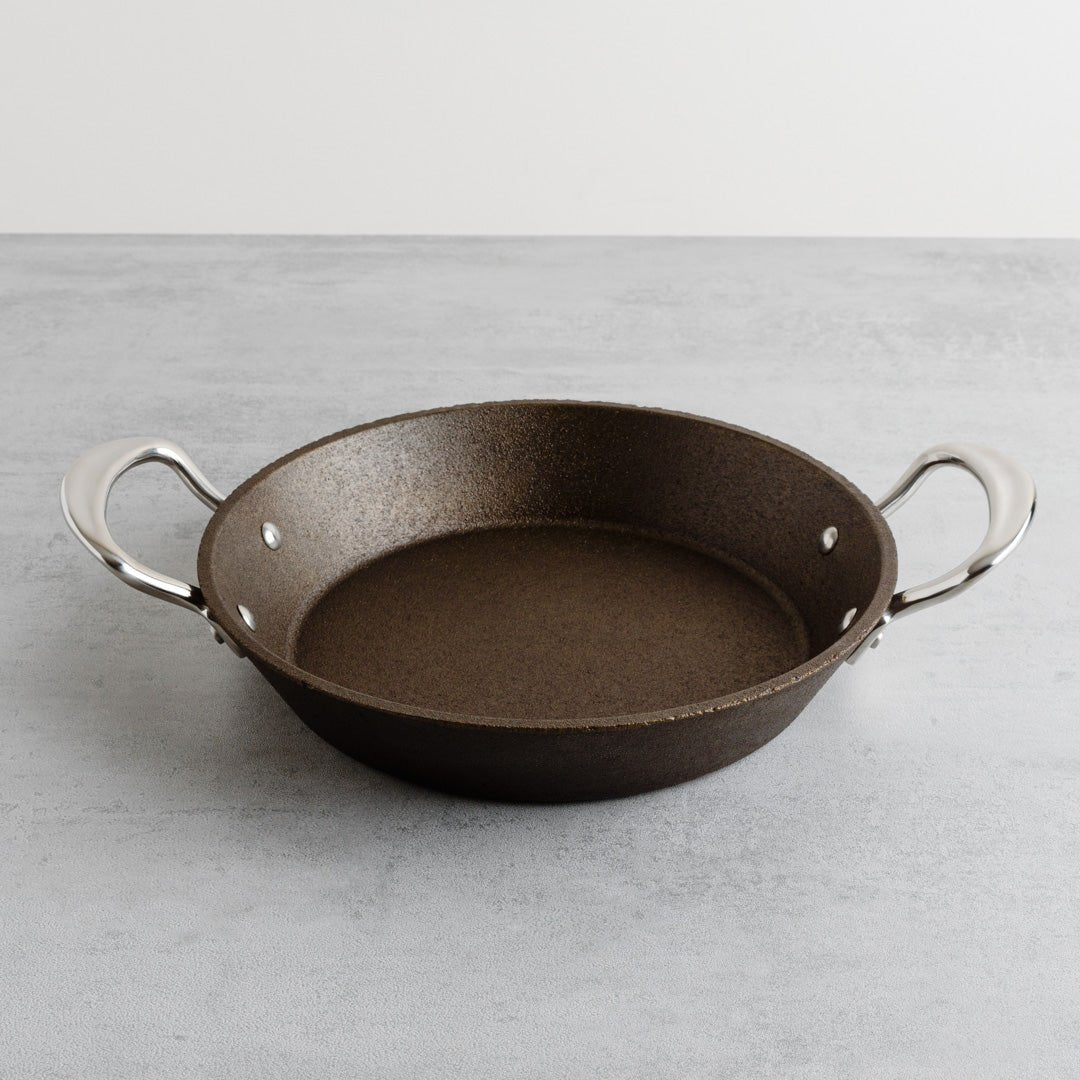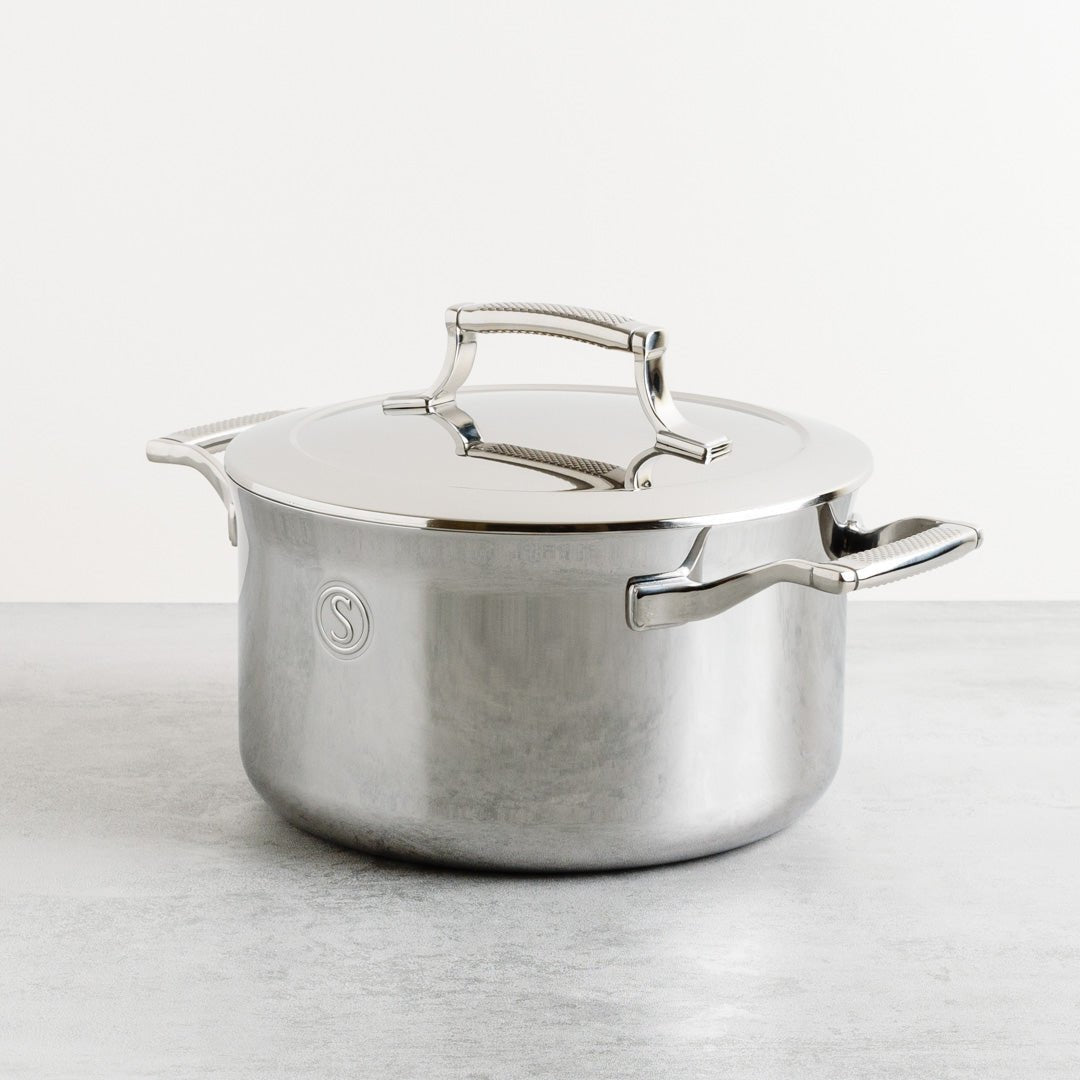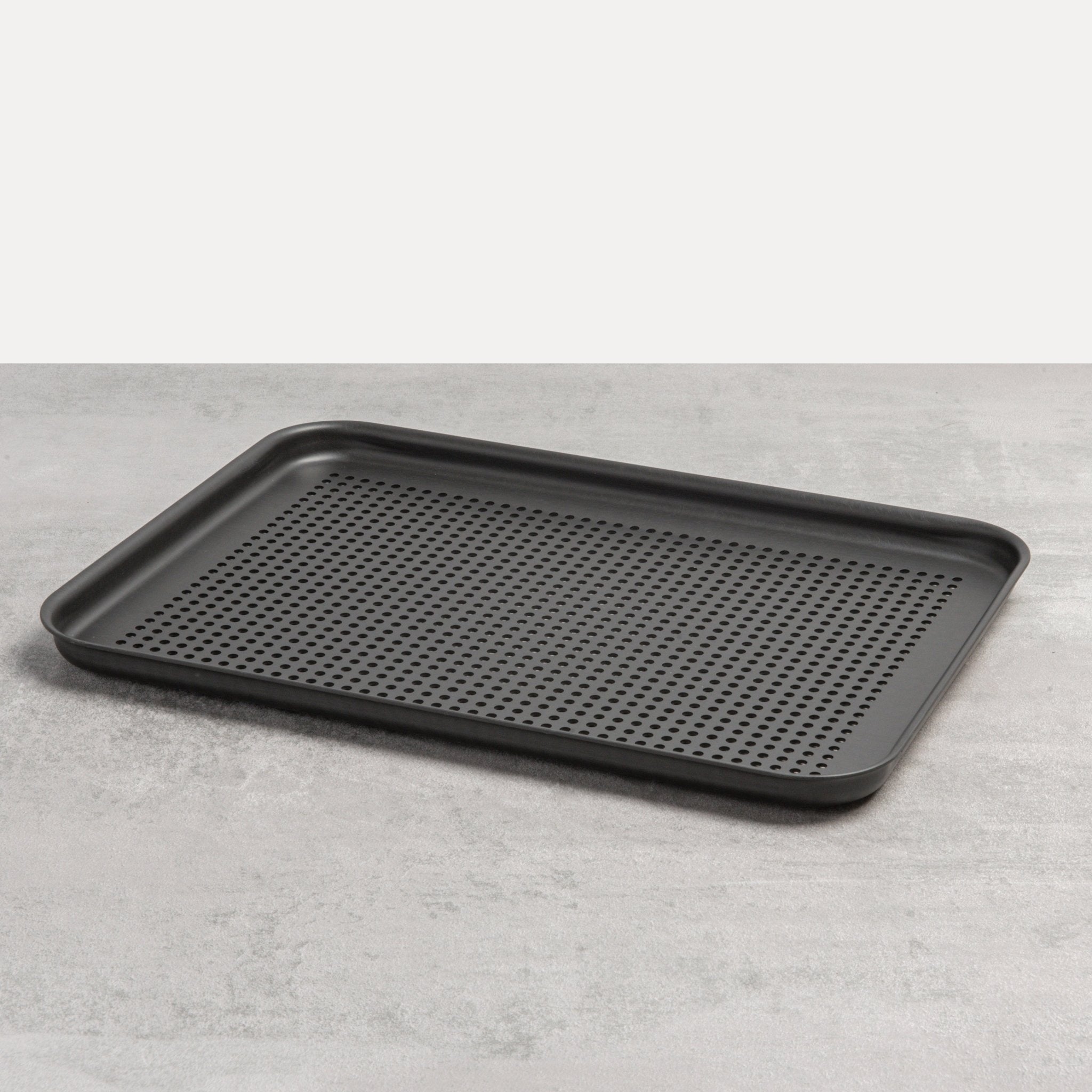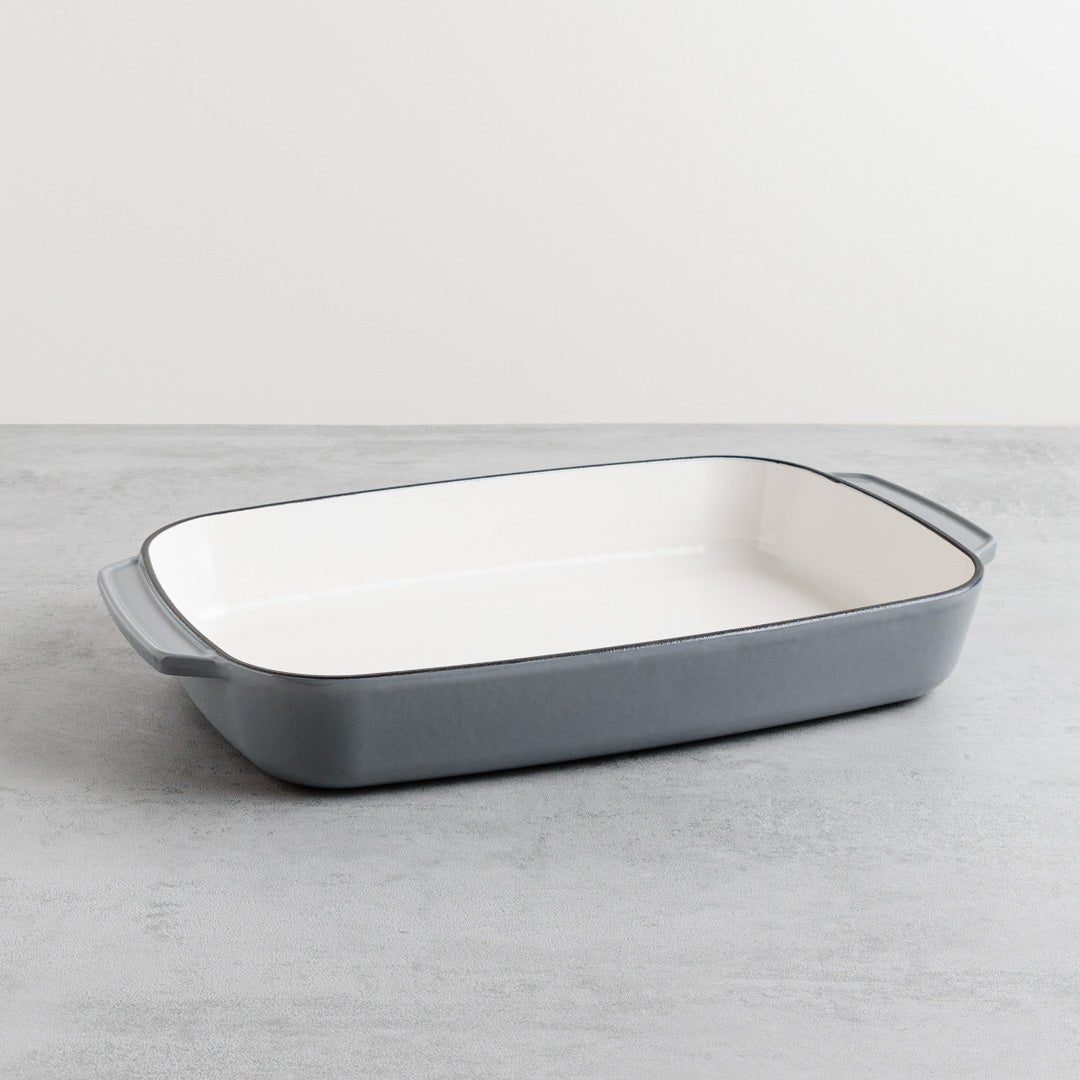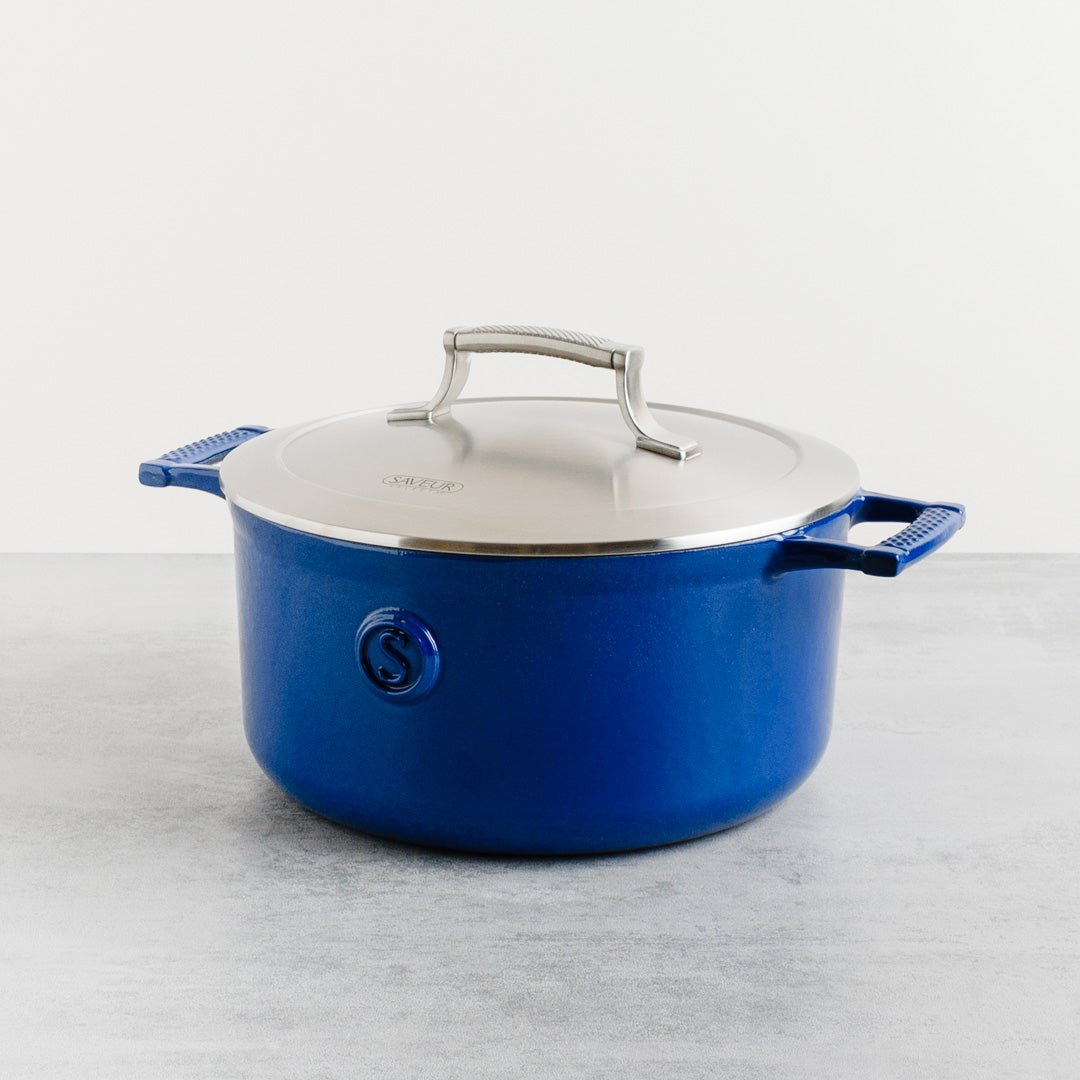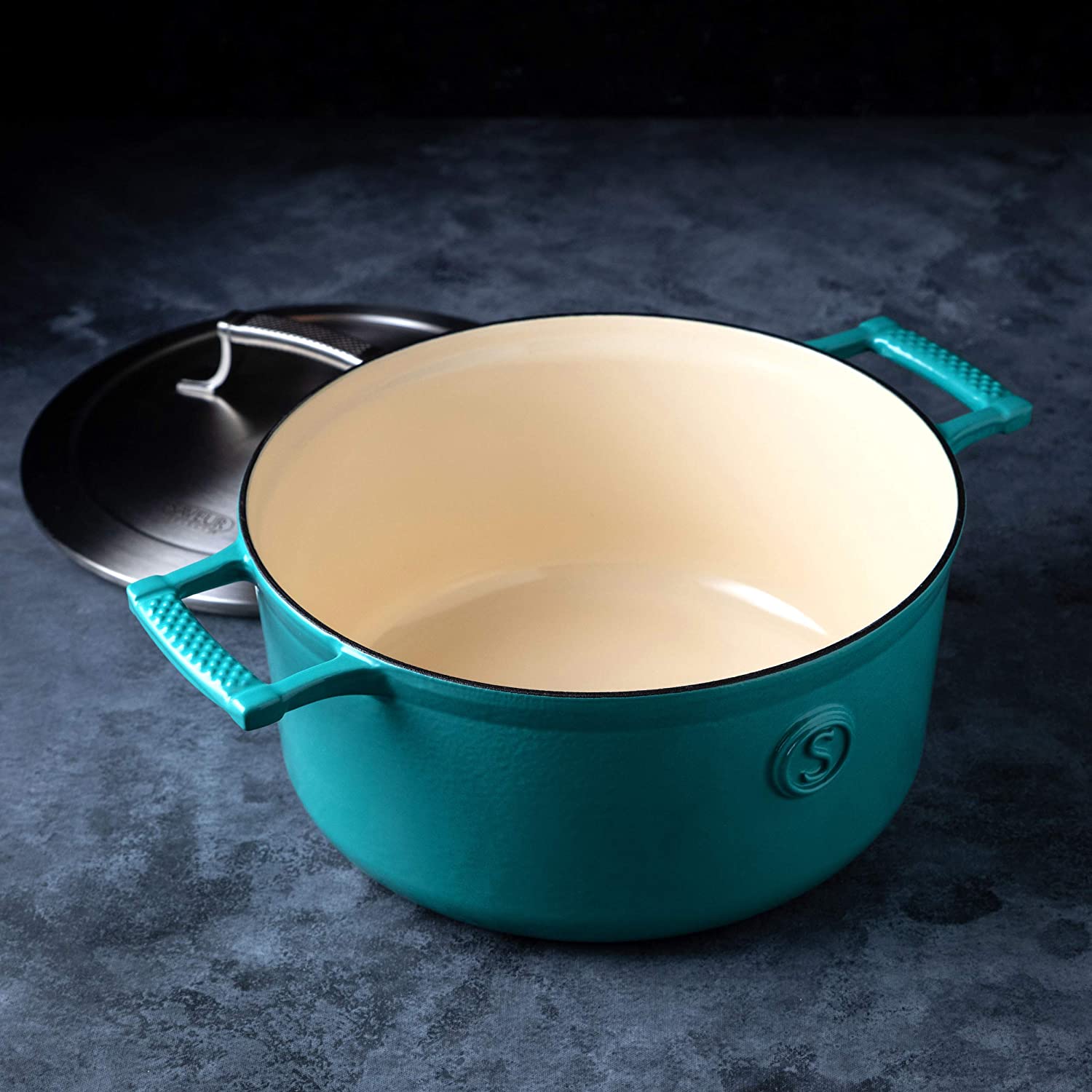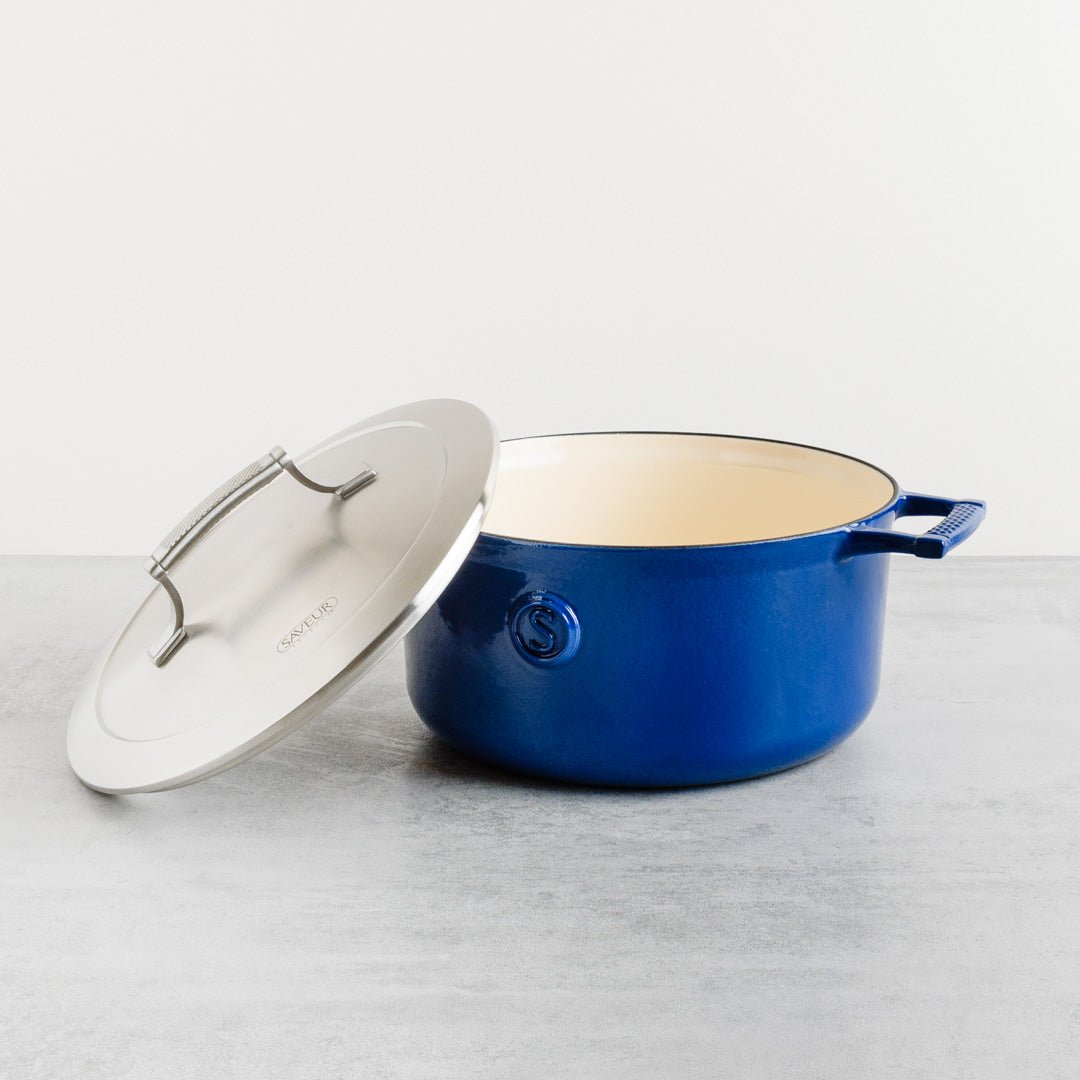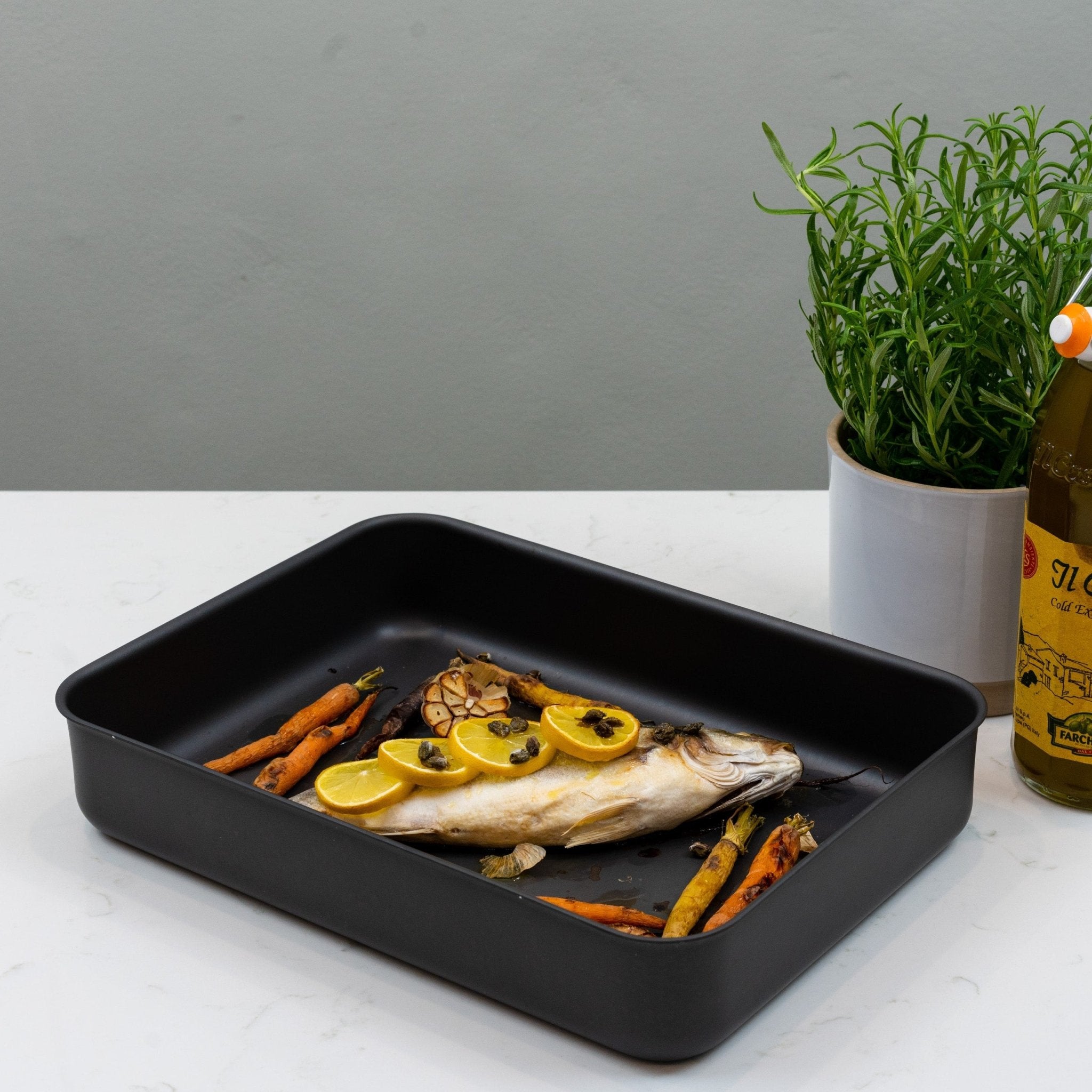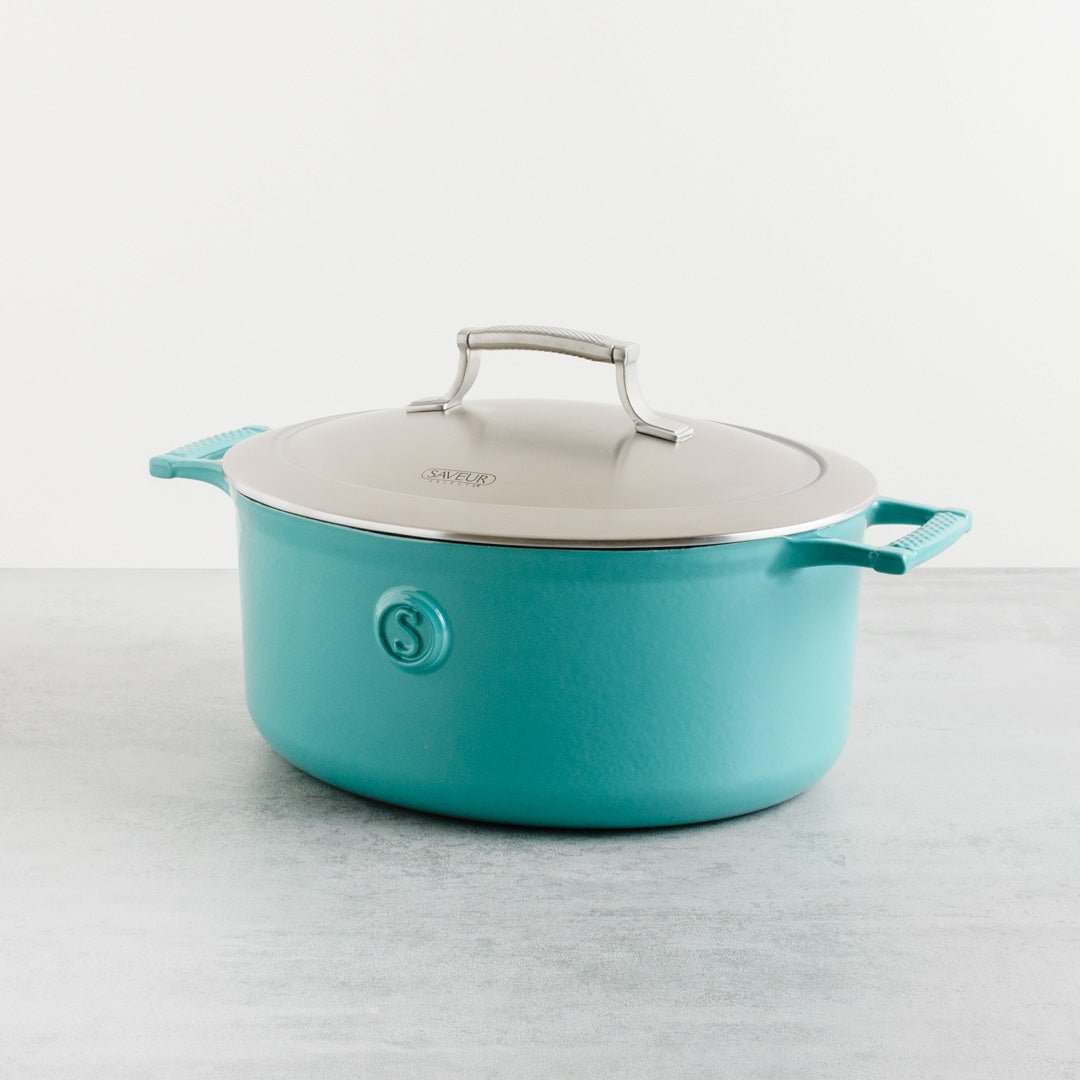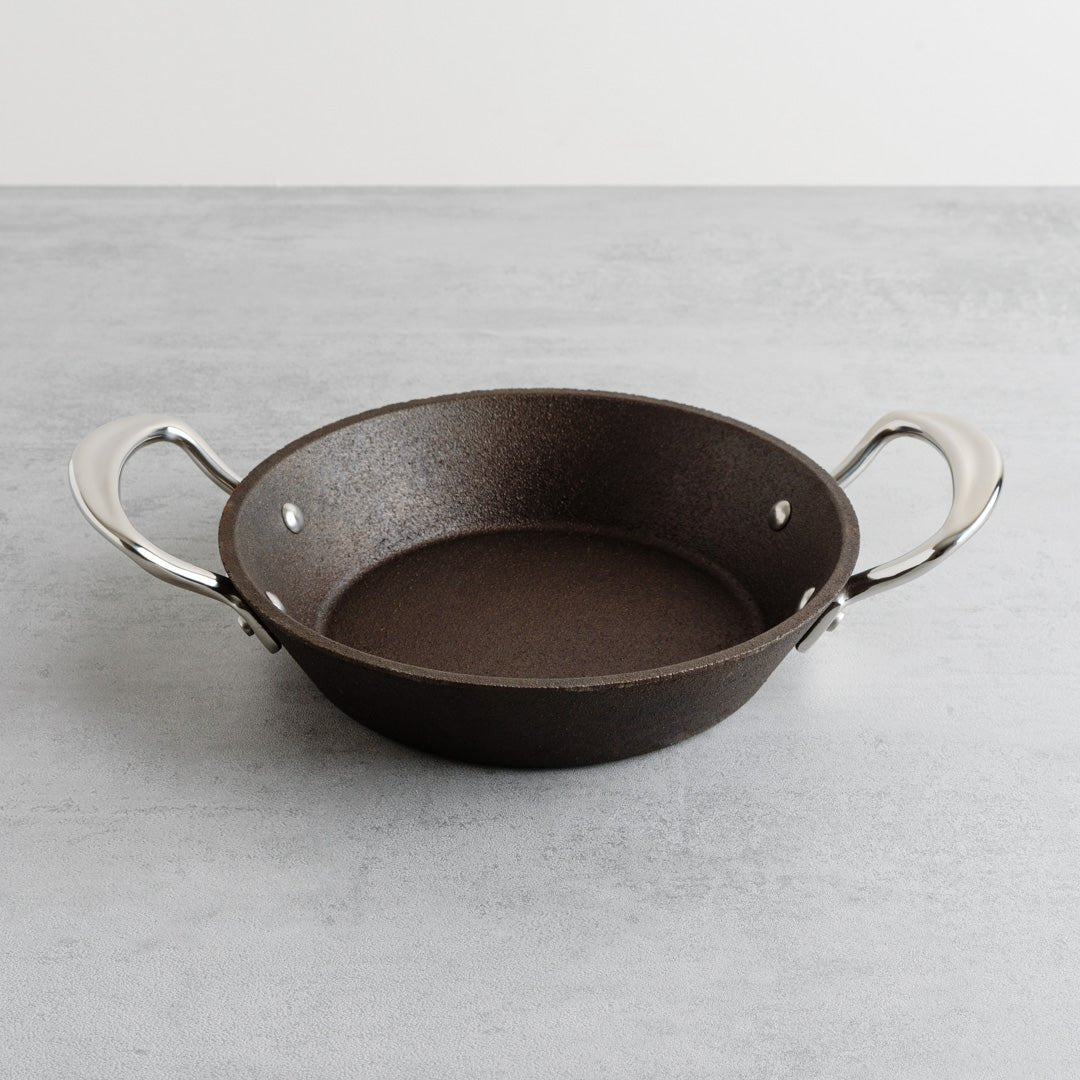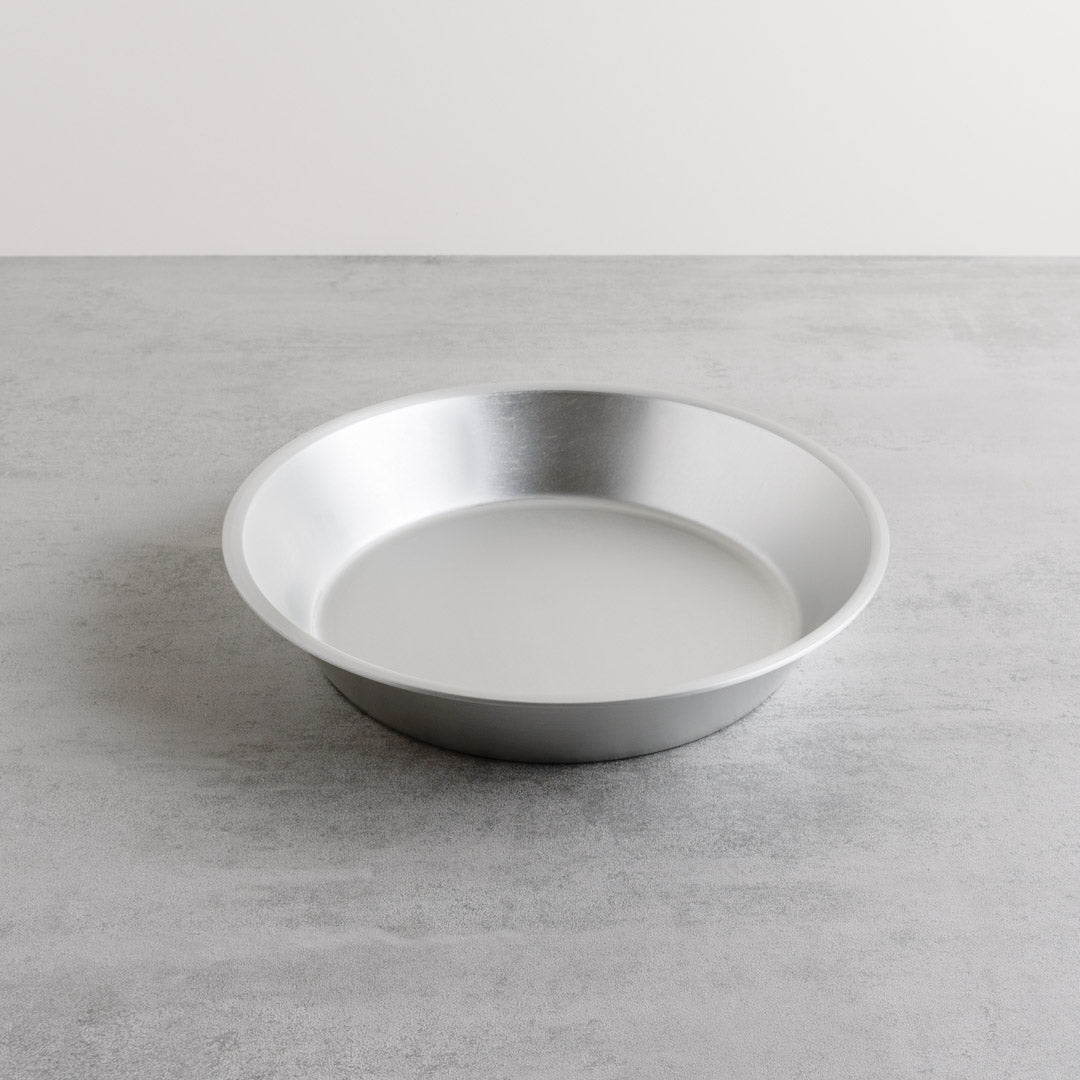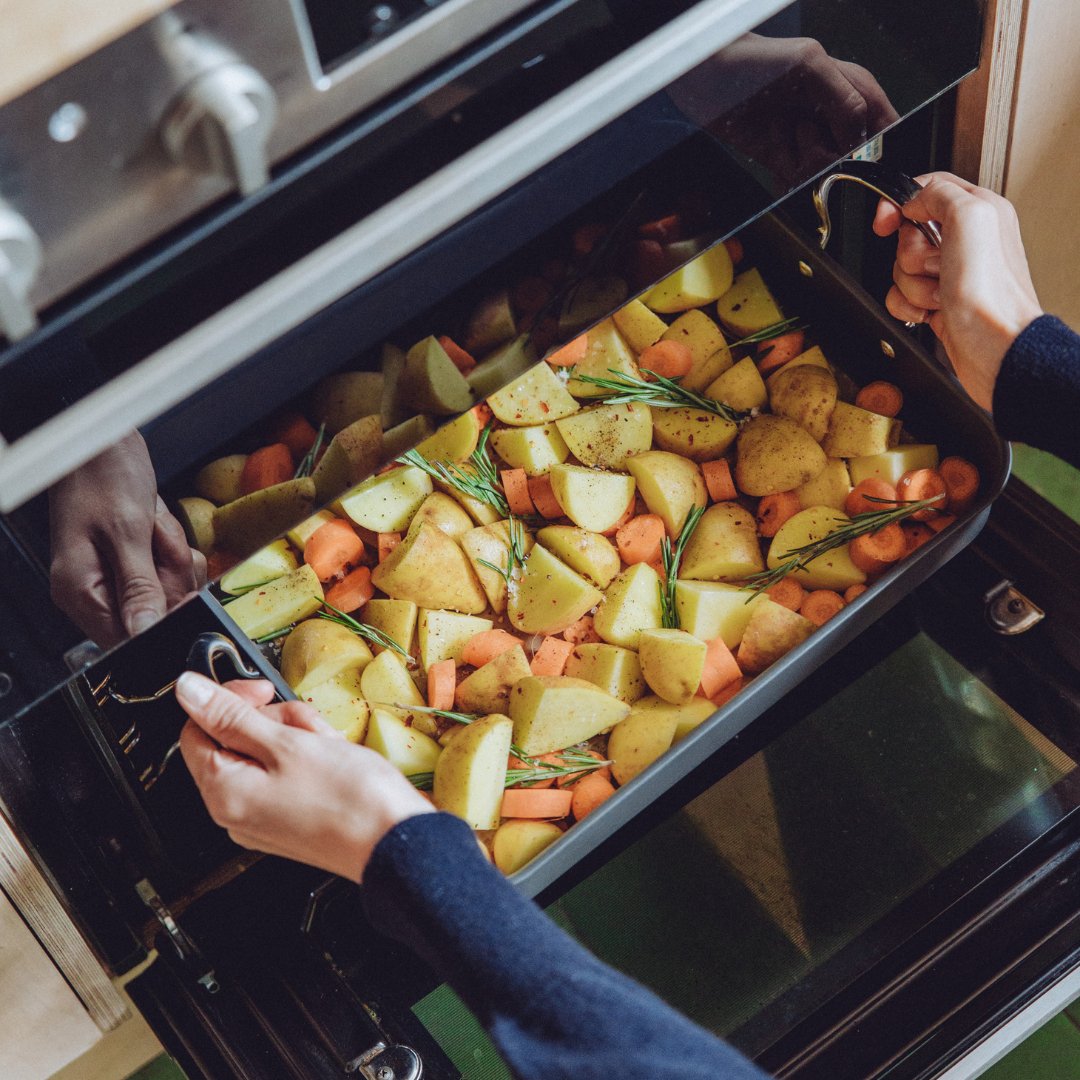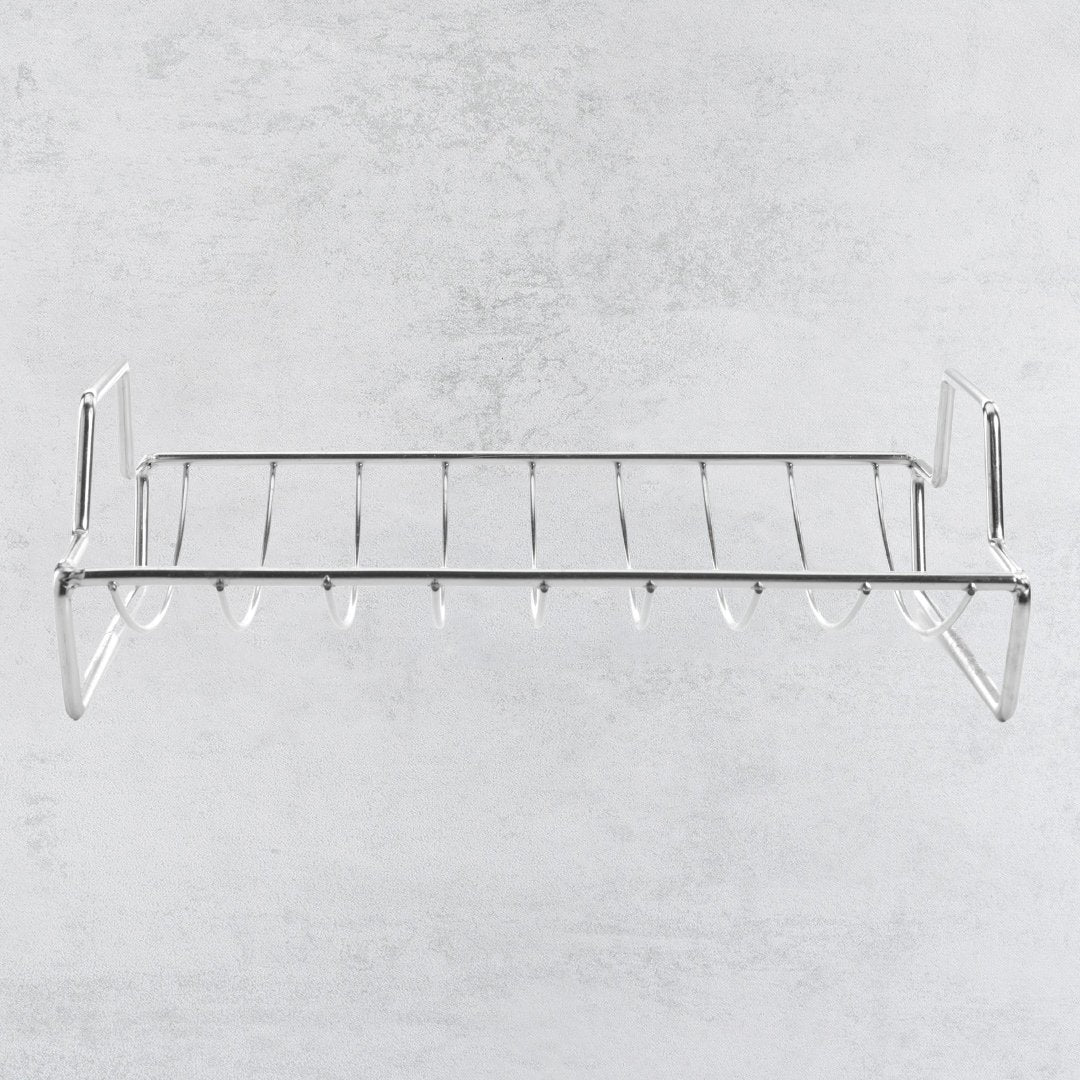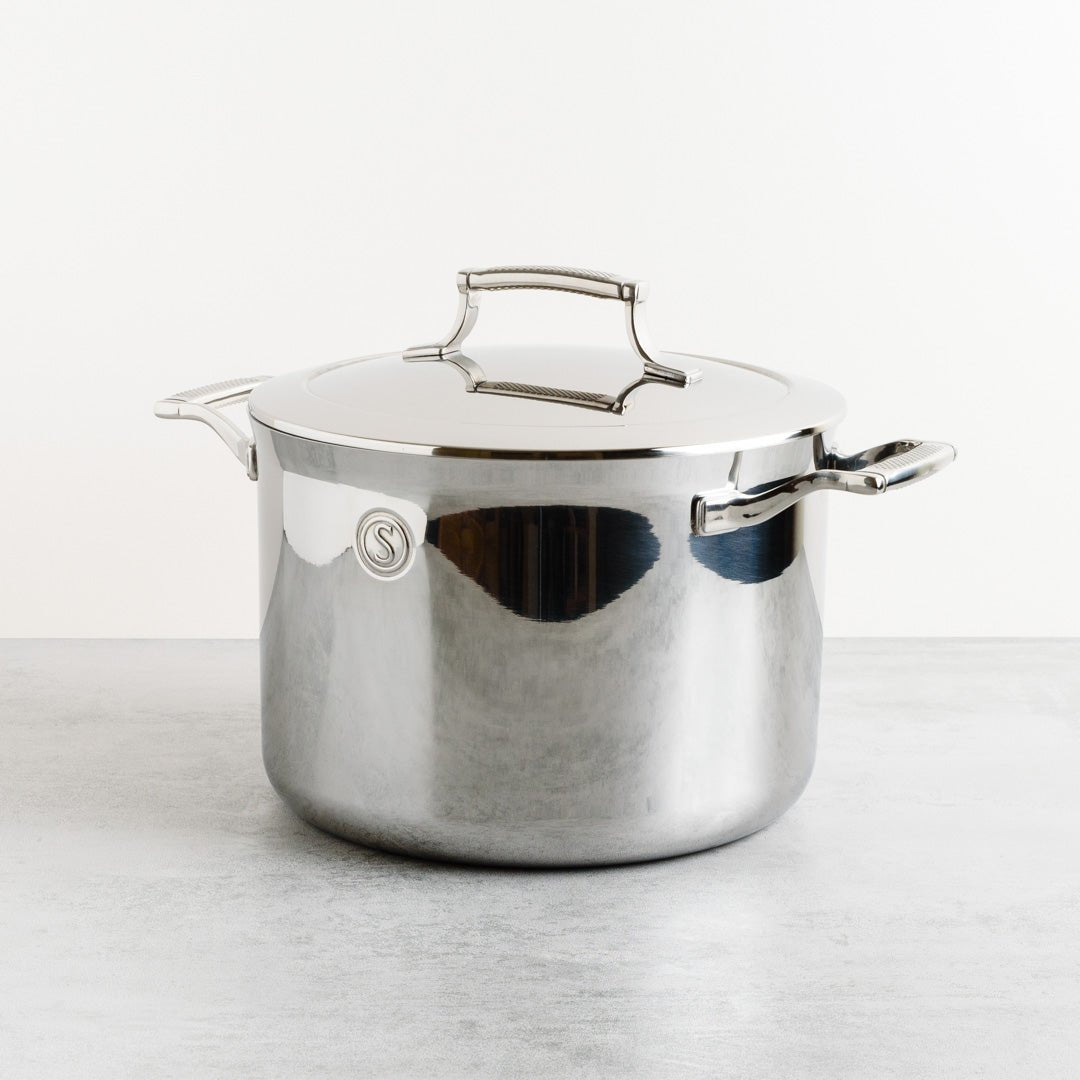Bake, Fry & Saute Forever
Our community voted for the cookware they really needed!
Happy mindful shopping.
x Tara Button
CEO
That's not all
Don't see the items you need?
Use the filters below to find all available top-voted Cookware.
Cookware that earns its place on the hob – and in the family. This is dependable, heirloom-quality cookware chosen by real cooks who use it daily. Cast iron, carbon steel and stainless steel – solid materials that hold their heat and last for decades. These aren’t just pans, they’re the ones you’ll reach for every time. Now up to 45% off trusted brands like Lodge, Field Company and Smithey.
Heirloom Cookware FAQs
What are the longest-lasting heirloom cookware materials?
The longest-lasting heirloom cookware materials include cast iron, stainless steel and copper with a stainless lining. All three are tough, repairable and excellent at holding heat. Cast iron, when seasoned well, can outlive you (and your children). Stainless steel resists rust and rarely warps, while copper pans with stainless interiors combine fast heat response with serious staying power. Many heirloom pots are passed down for decades - especially those with lifetime guarantees or replaceable parts. You can see how we put materials through their paces on our research process page.
How do I season and maintain cast iron pans properly?
To season cast iron properly, apply a thin layer of vegetable oil to a clean, dry pan, then bake it upside down at 180–200°C for about an hour. This builds a natural non-stick layer. For maintenance, skip the soap - hot water and a stiff brush or chainmail scrubber do the trick. Dry thoroughly, then rub with a bit of oil before putting it away. The more you use it, the better it gets. With proper care, cast iron only improves with age. Here's a full how-to guide if you'd like step-by-step help.
Which cookware is safe to use on induction hobs?
Stainless steel, cast iron and enamelled steel cookware are all safe to use on induction hobs. Induction needs a magnetic base to work - so if a magnet sticks to the bottom, you’re in business. Many top-quality heirloom pans use induction-friendly metals, making them perfect for the job. Copper and aluminium only work if they’ve been bonded with a magnetic stainless steel layer, so check before you splash out.
Are ceramic or non-stick surfaces safe for everyday cooking?
Ceramic and non-stick surfaces can be safe for everyday cooking, but they aren’t the most durable heirloom cookware options. Non-stick coatings often wear out or flake when scratched, and ceramic doesn’t always hold up long-term either. If you’re cooking daily and want to buy once, seasoned cast iron or stainless steel is more reliable and gives better value over time. Handy tip: you can add non-stick technique to a pan, but not lifespan.
How do I clean the bottom of stainless steel or copper cookware?
To clean the bottom of stainless steel or copper cookware, make a paste with baking soda and white vinegar or use a specialist like Barkeeper’s Friend. Let it sit for a few minutes, then scrub gently with a non-abrasive sponge. Lemon and salt work wonders on copper too (and smell nicer than vinegar, if we’re honest). Avoid steel wool - it’ll do more harm than good. With the odd deep clean, these long-lasting materials will stay looking sharp for years. Drop by our Product Care & Repair hub for more tips.
Is aluminium cookware safe for long-term use?
Aluminium cookware can be safe, but it’s not ideal for long-term use unless it’s hard-anodised. Plain aluminium can react with acidic foods and tends to warp or dent over time. Hard-anodised versions are more stable and scratch-resistant, though still not as enduring as cast iron or stainless steel. If you're after something that'll go the distance, enamelled cast iron or fully clad stainless steel is the sturdier bet. You’ll find them in our heirloom-quality cookware collection.
What’s the right way to use stainless steel cookware without food sticking?
To stop stainless steel cookware from sticking, preheat the pan on a medium hob for a minute or two, then add a splash of oil. Once the oil shimmers, in goes your food. Patience is key - especially with proteins like eggs or fish - which release more easily once seared. It’s not non-stick, but with the right method, you’ll get great results without a scrape-fest. For more trusted pans, peek at our durable cookware collection.

